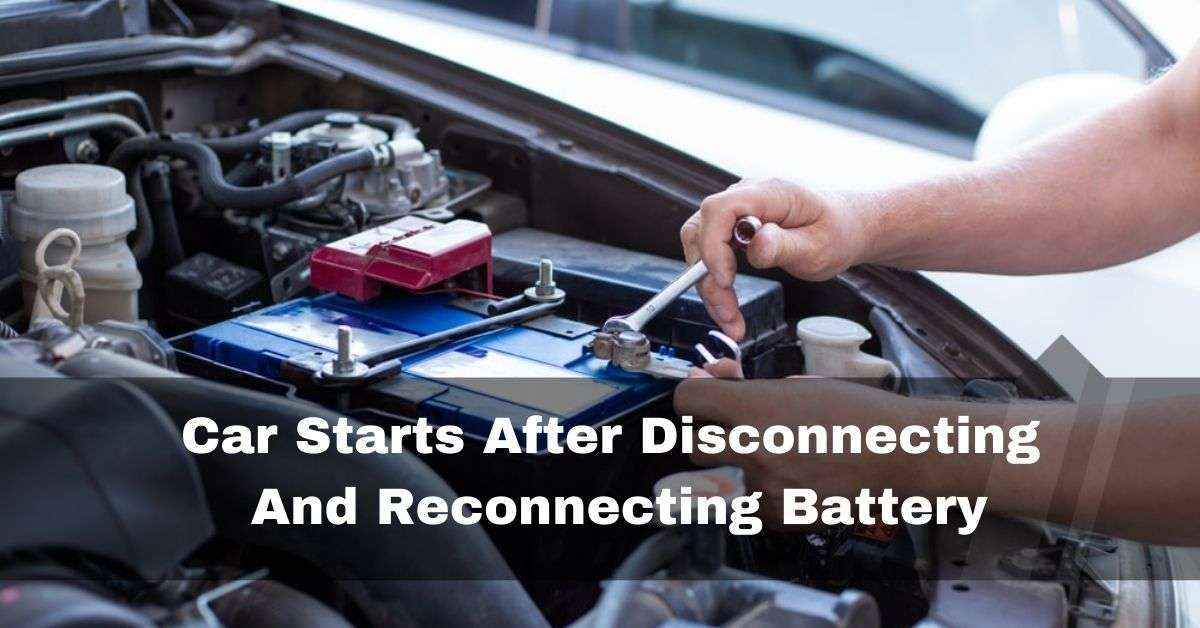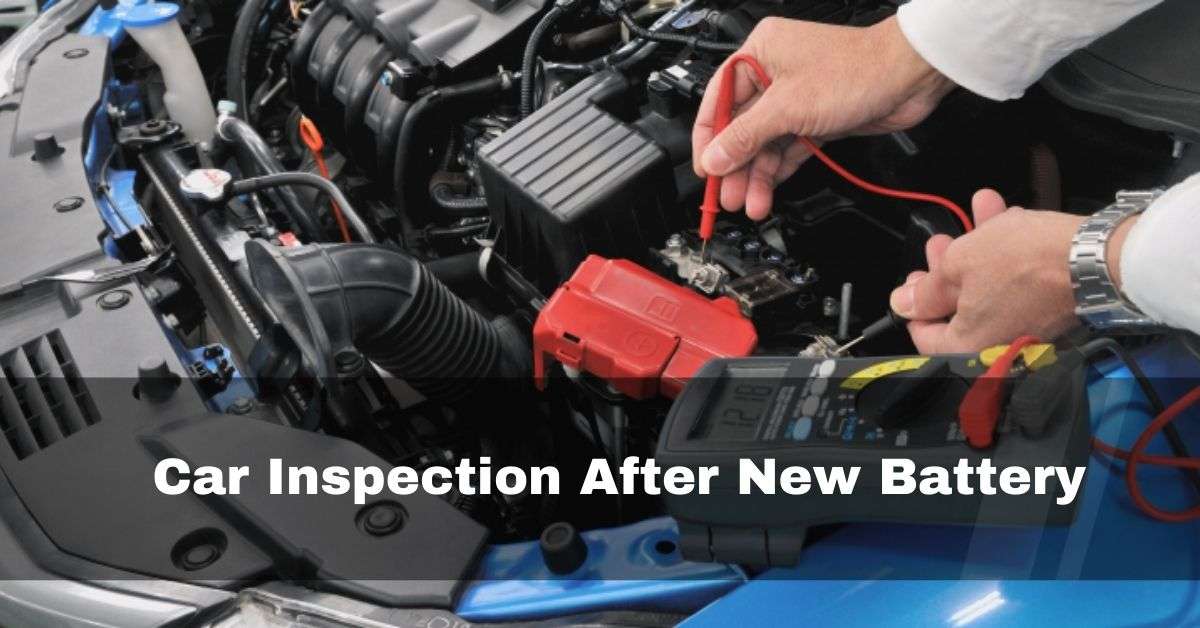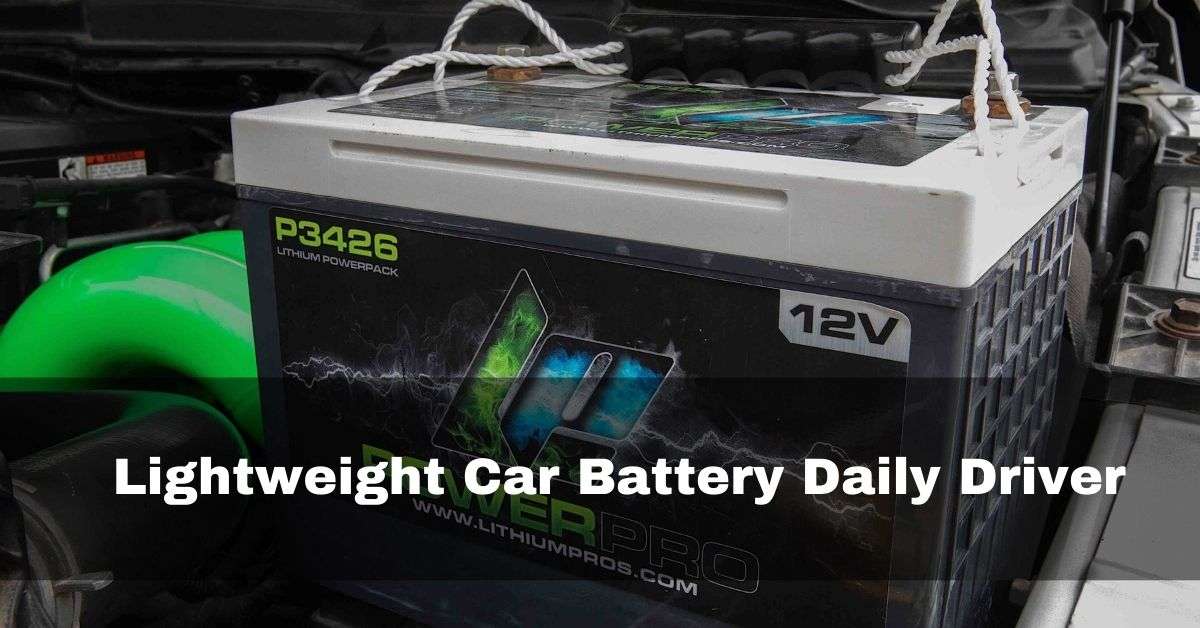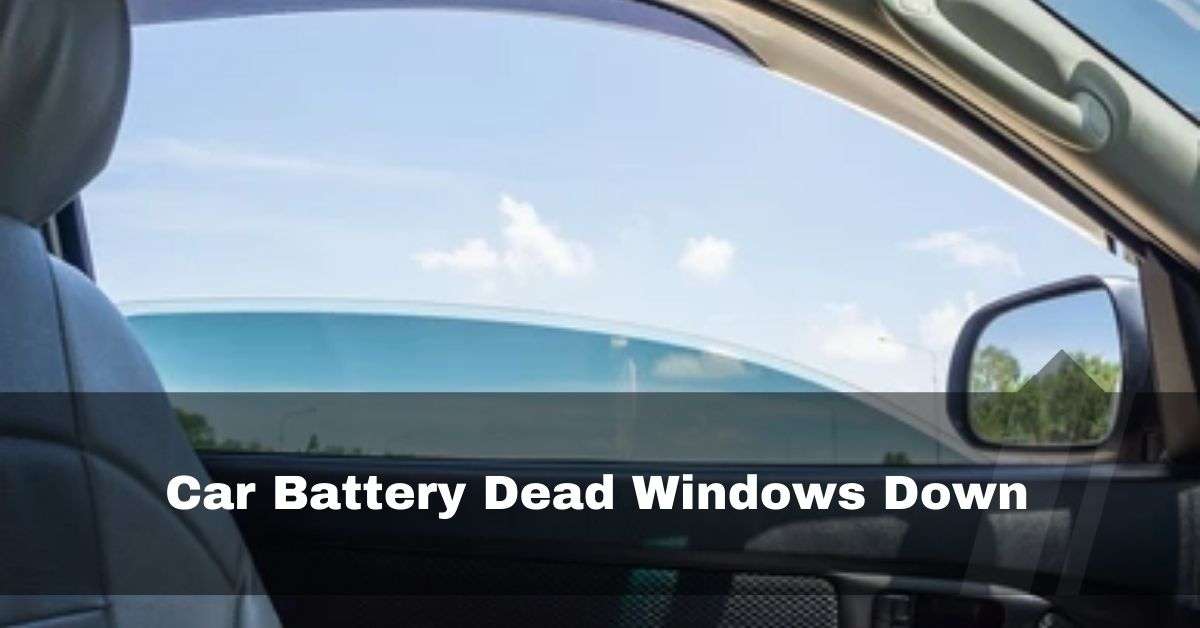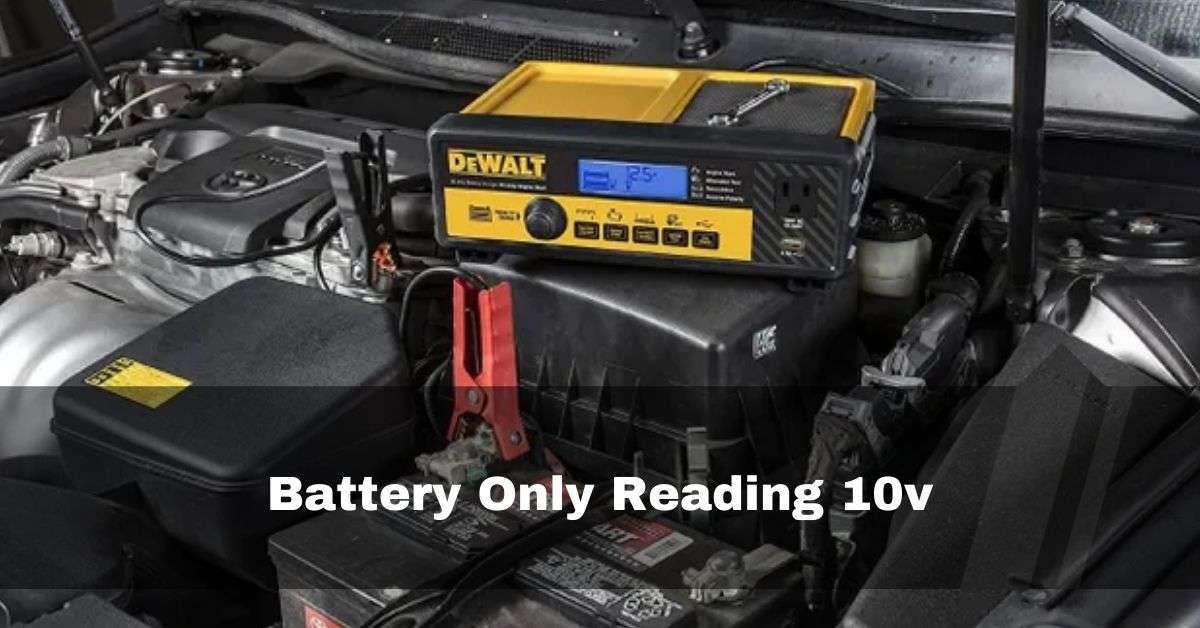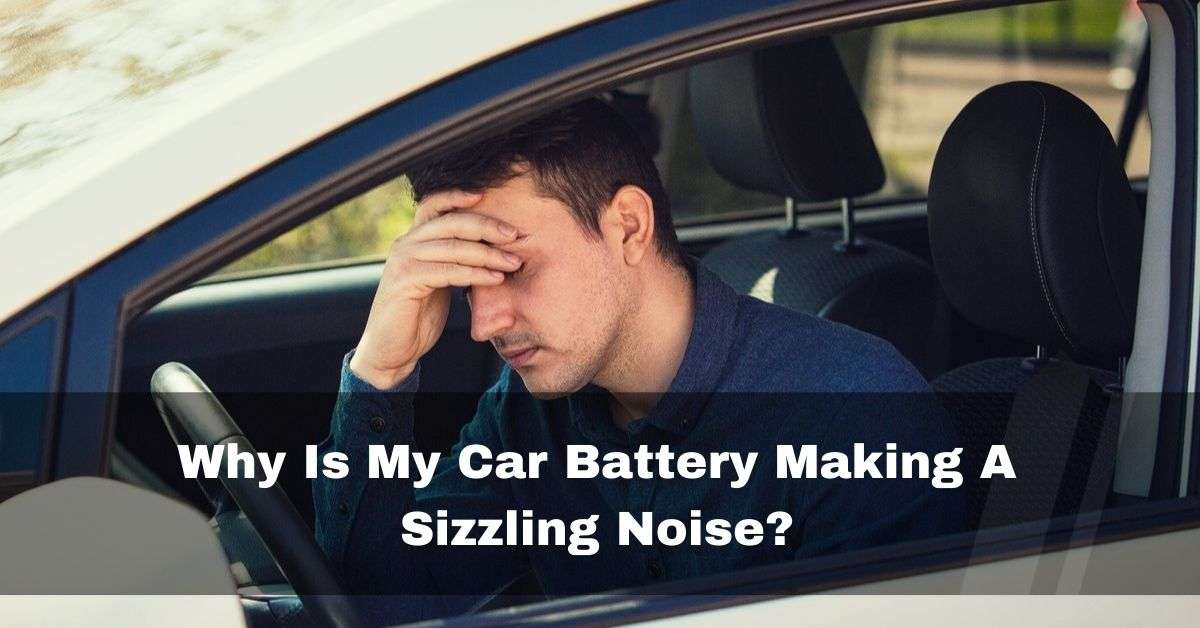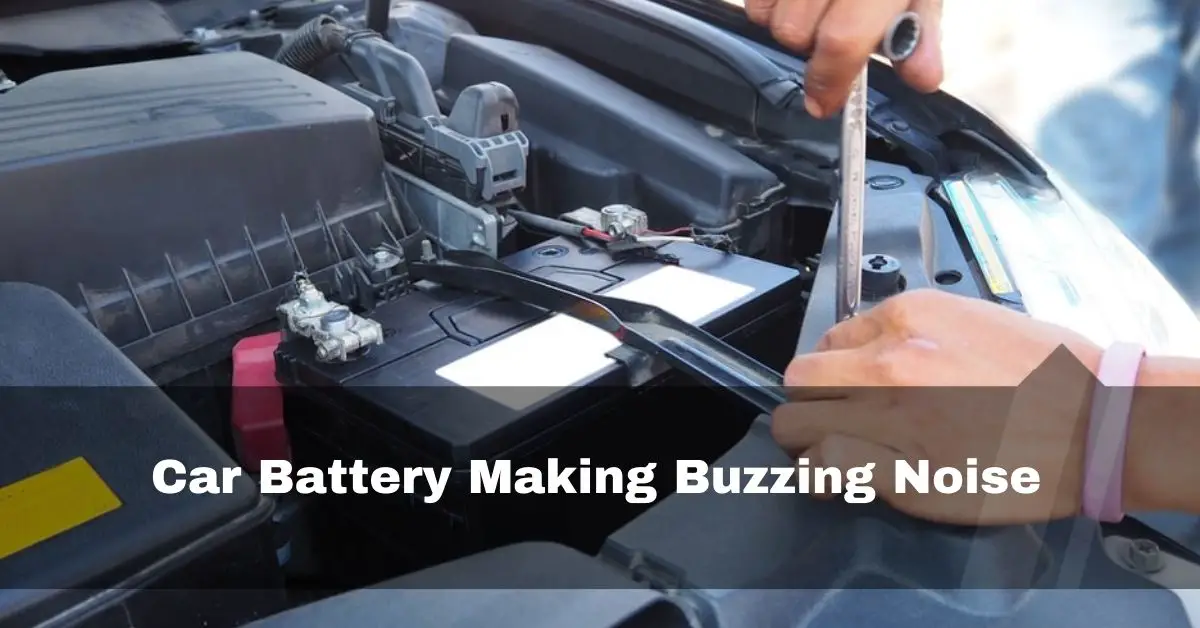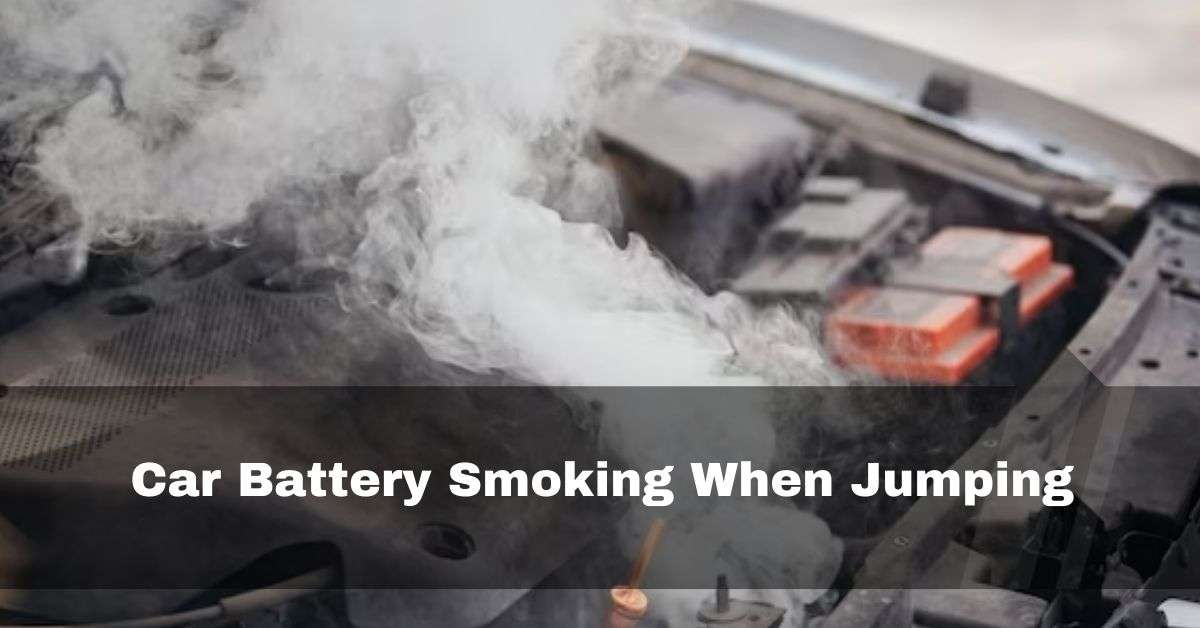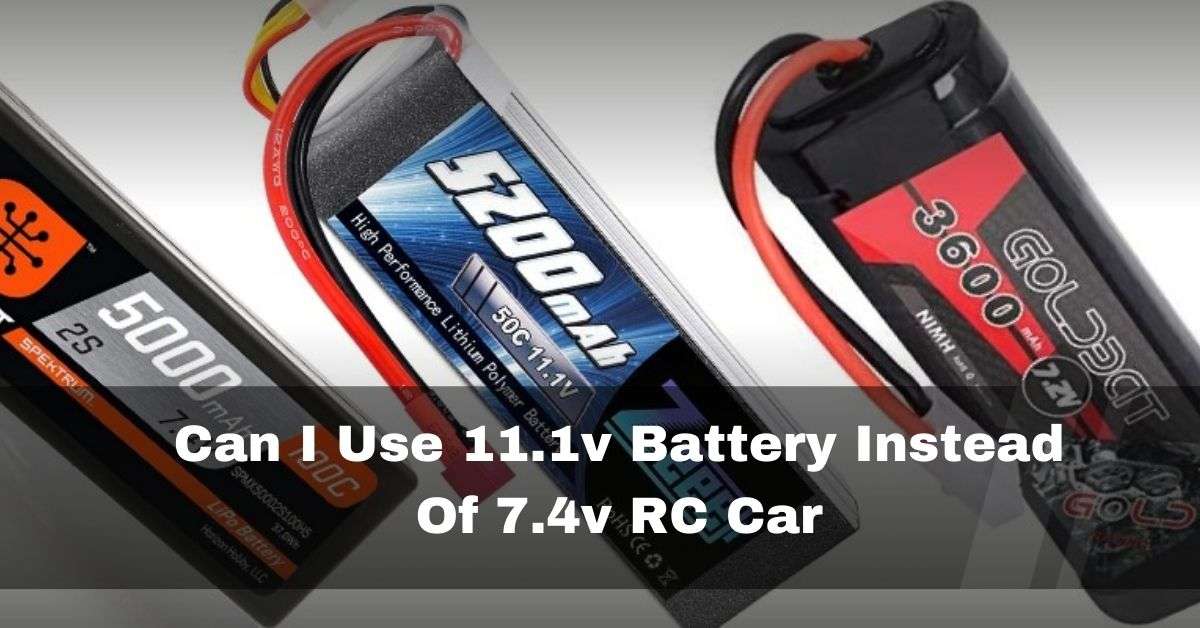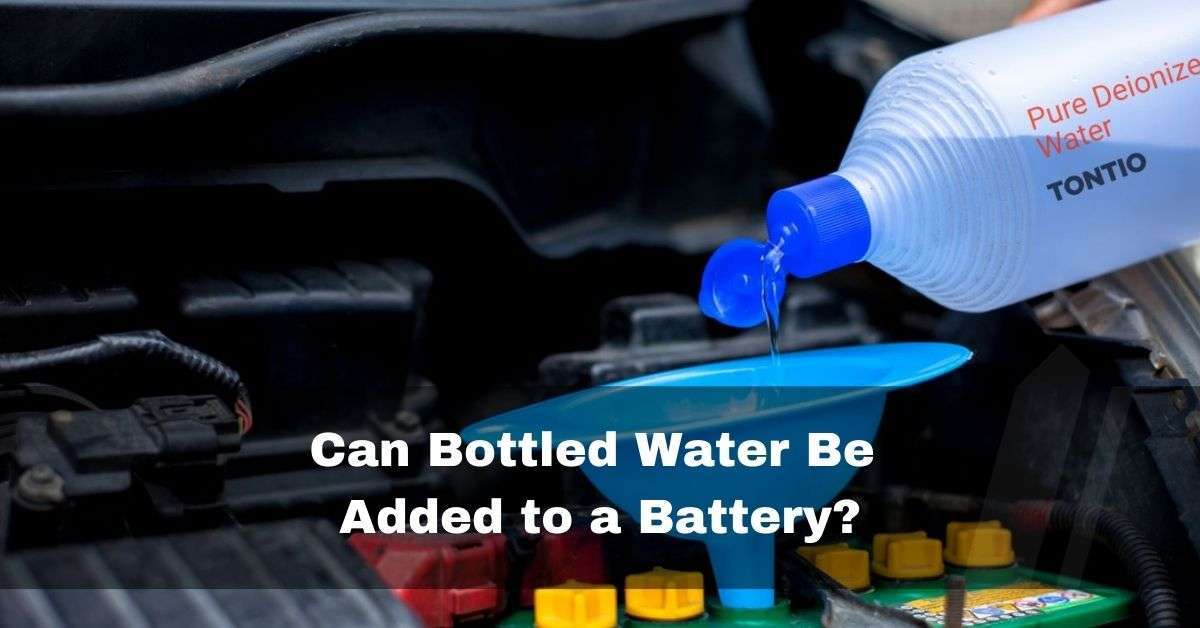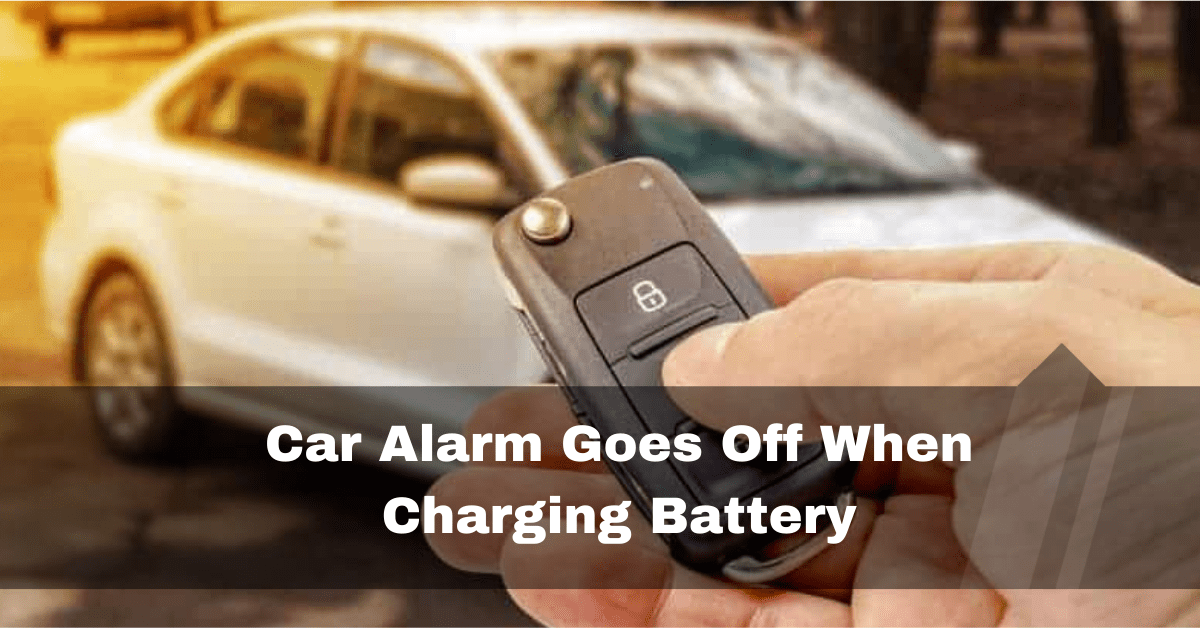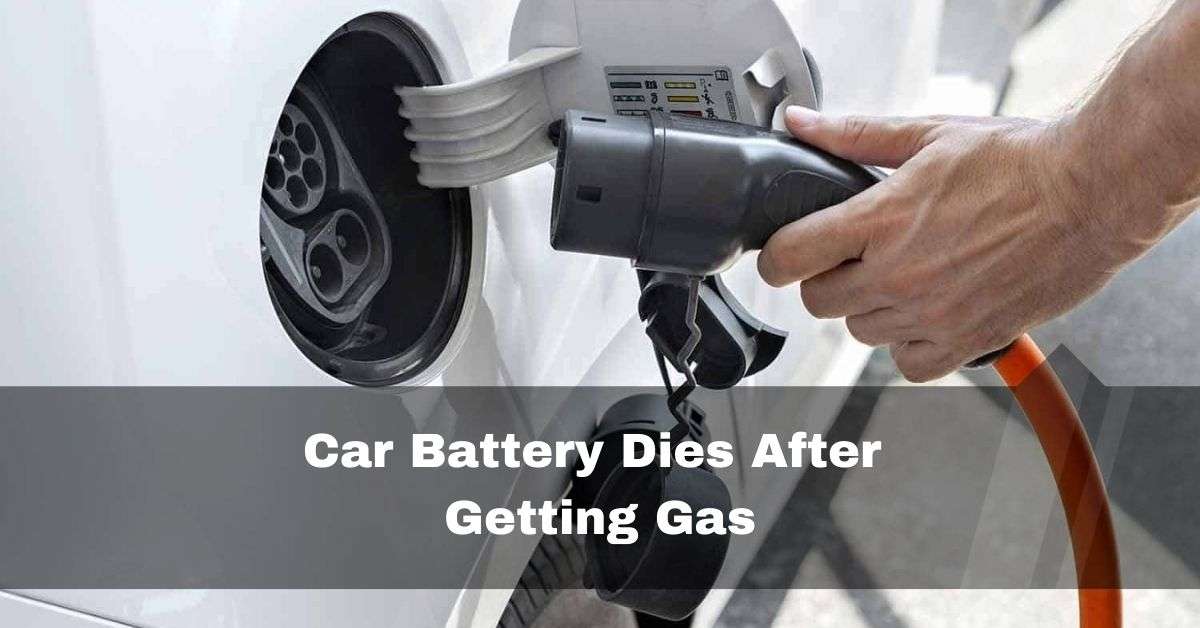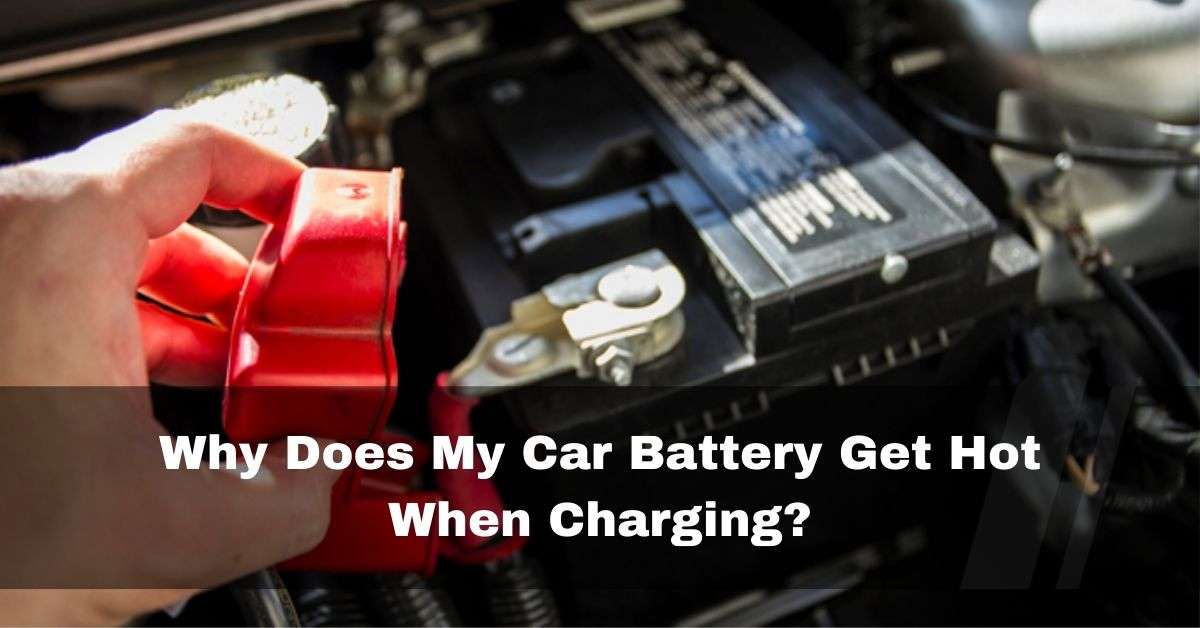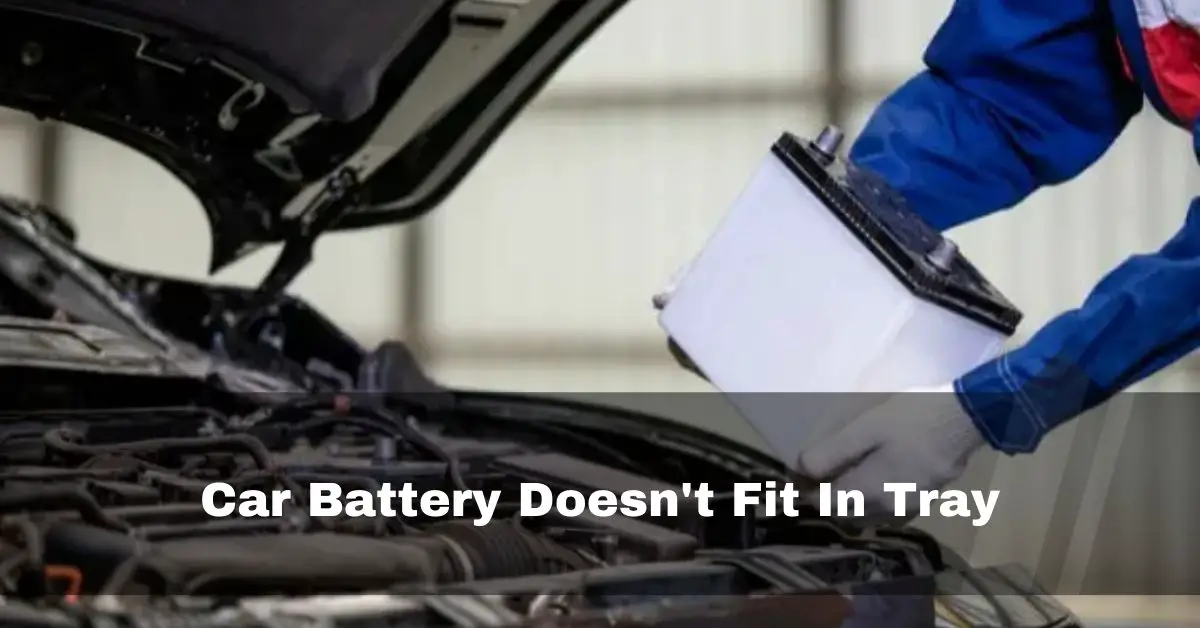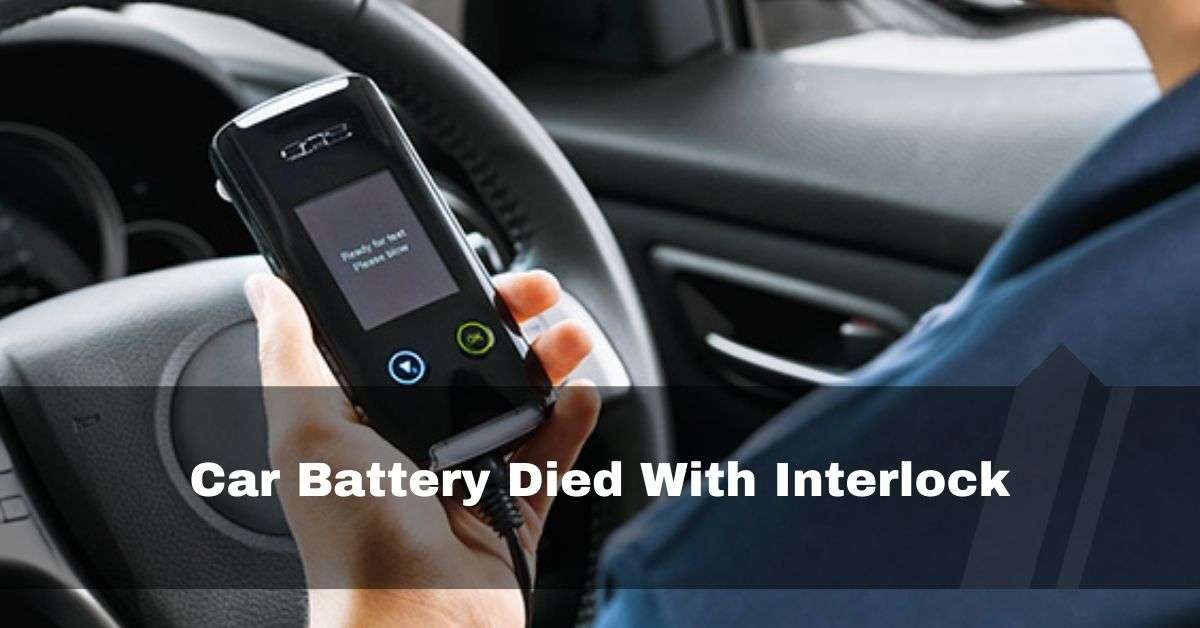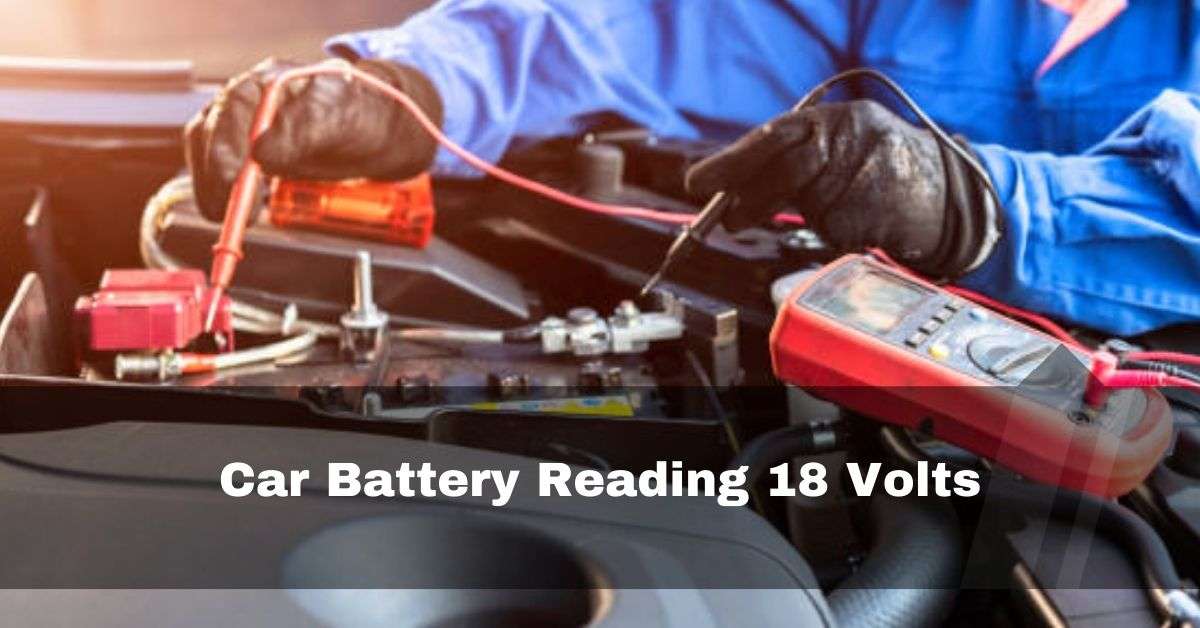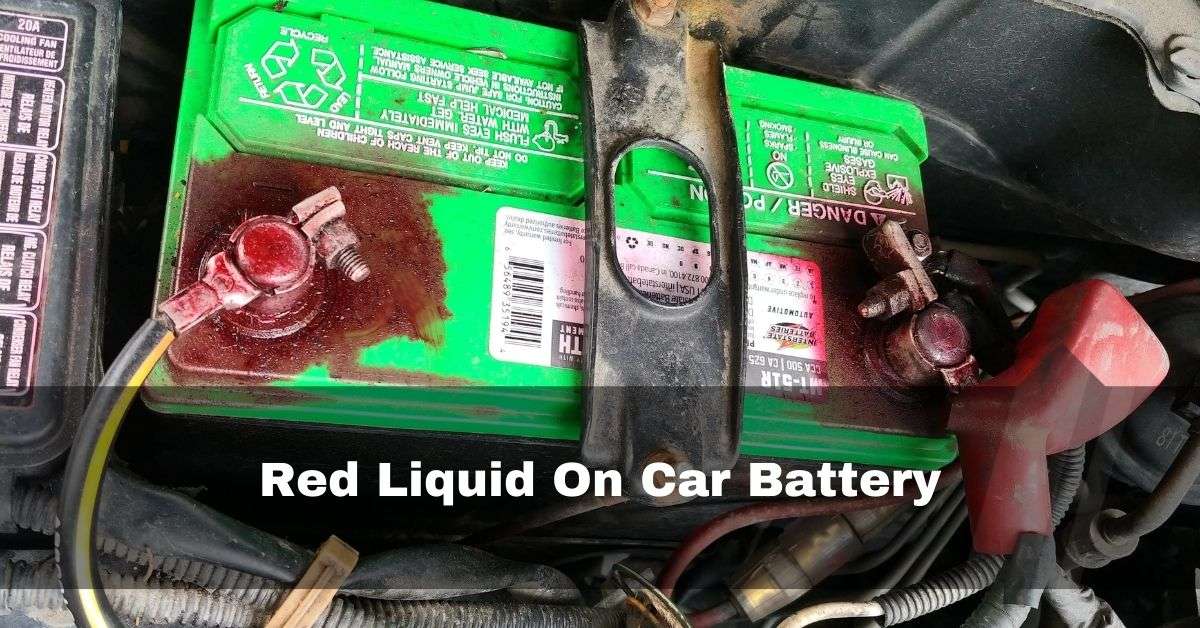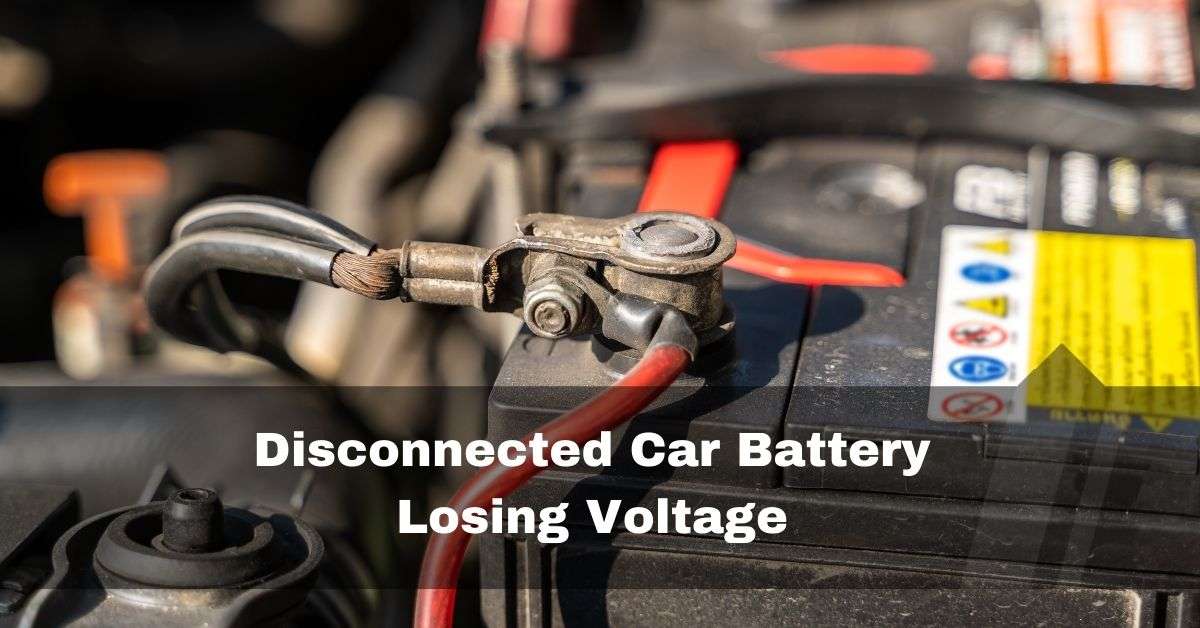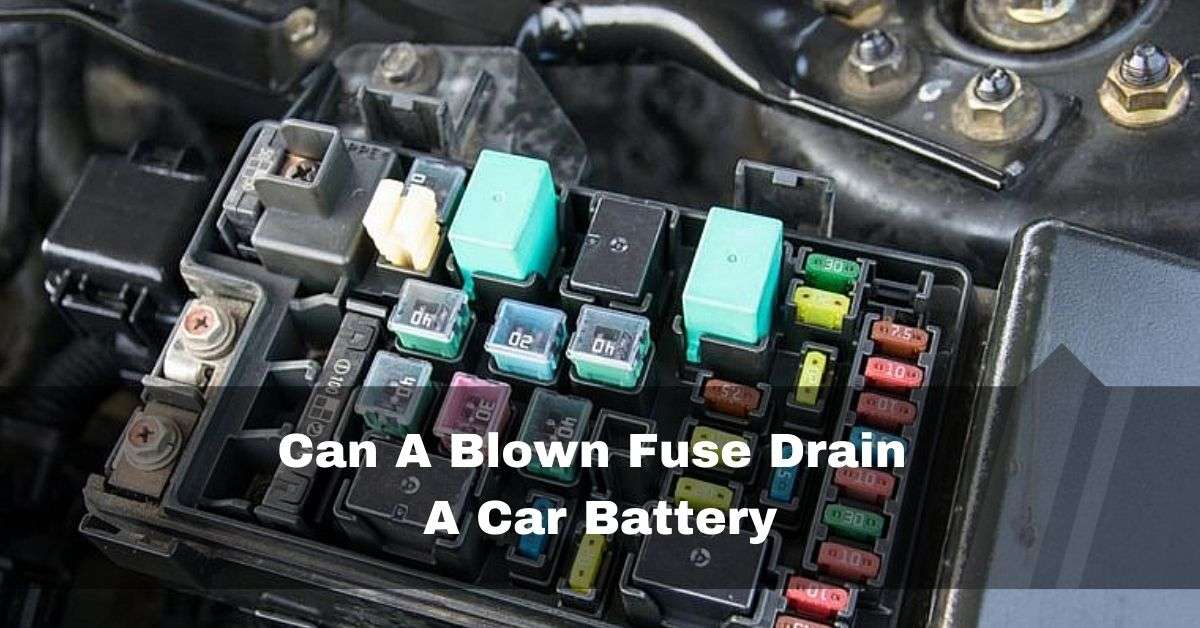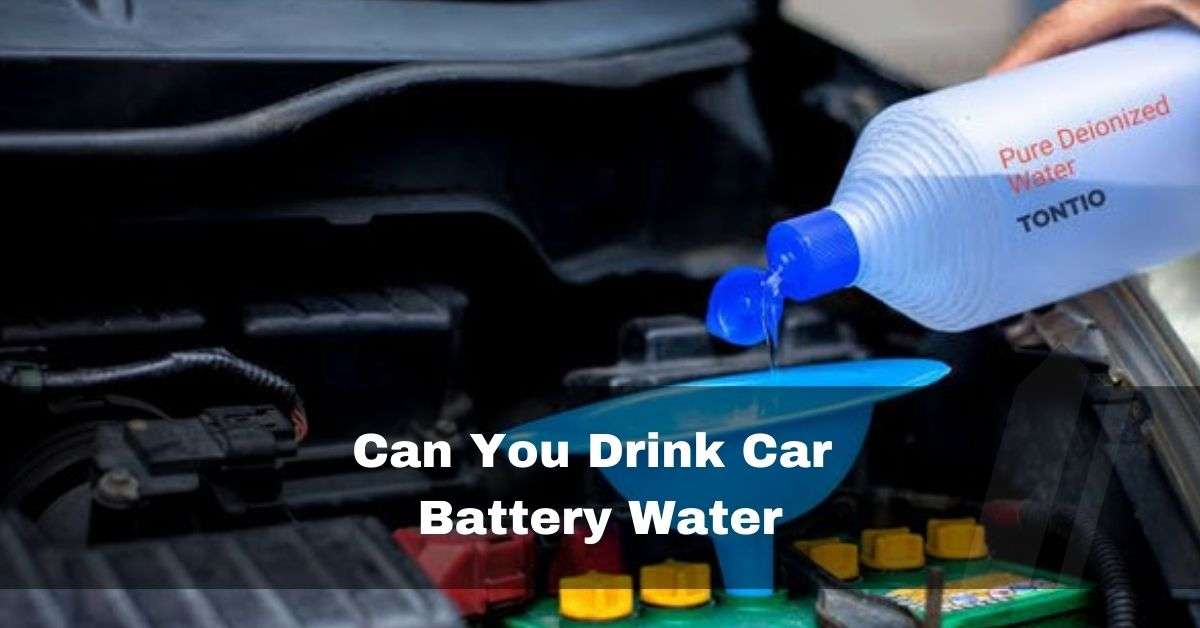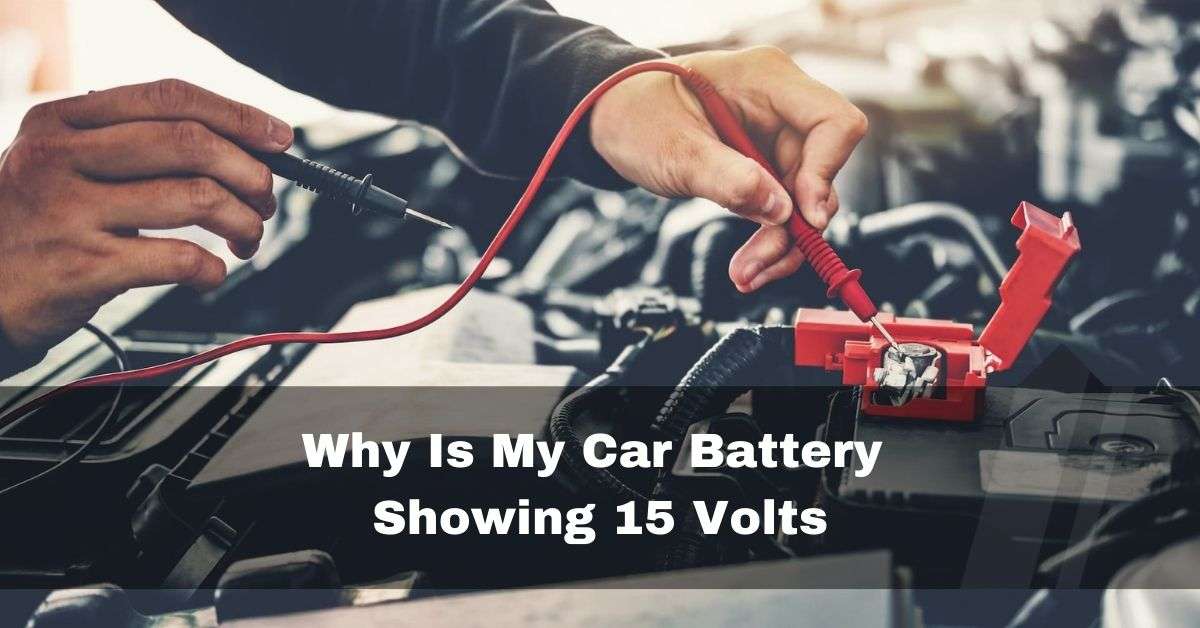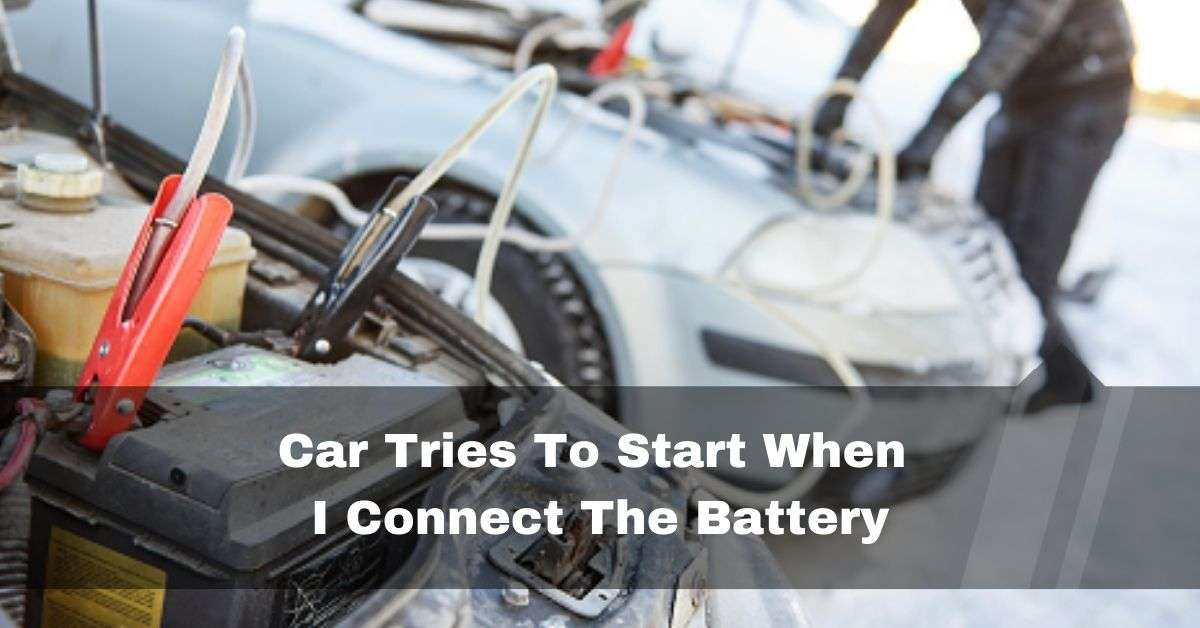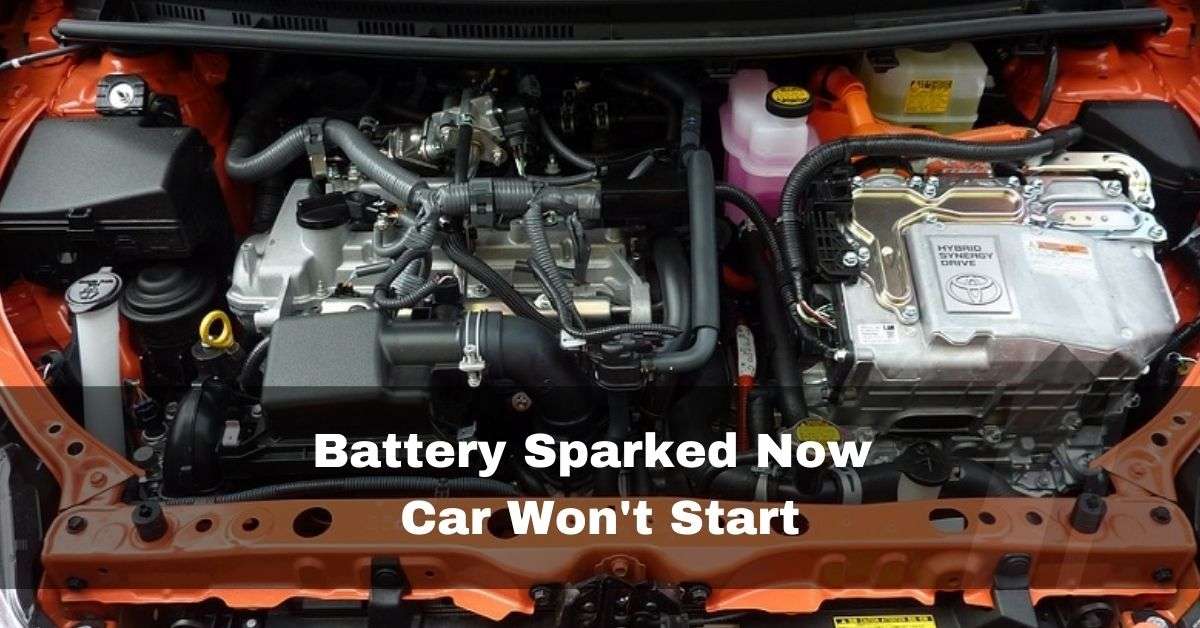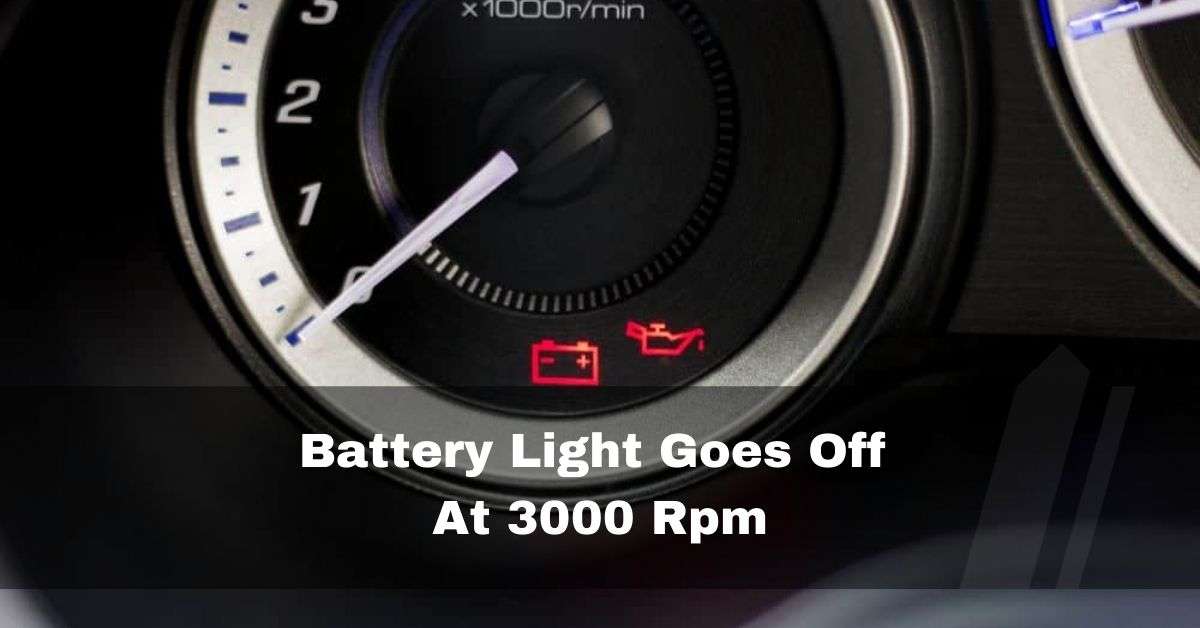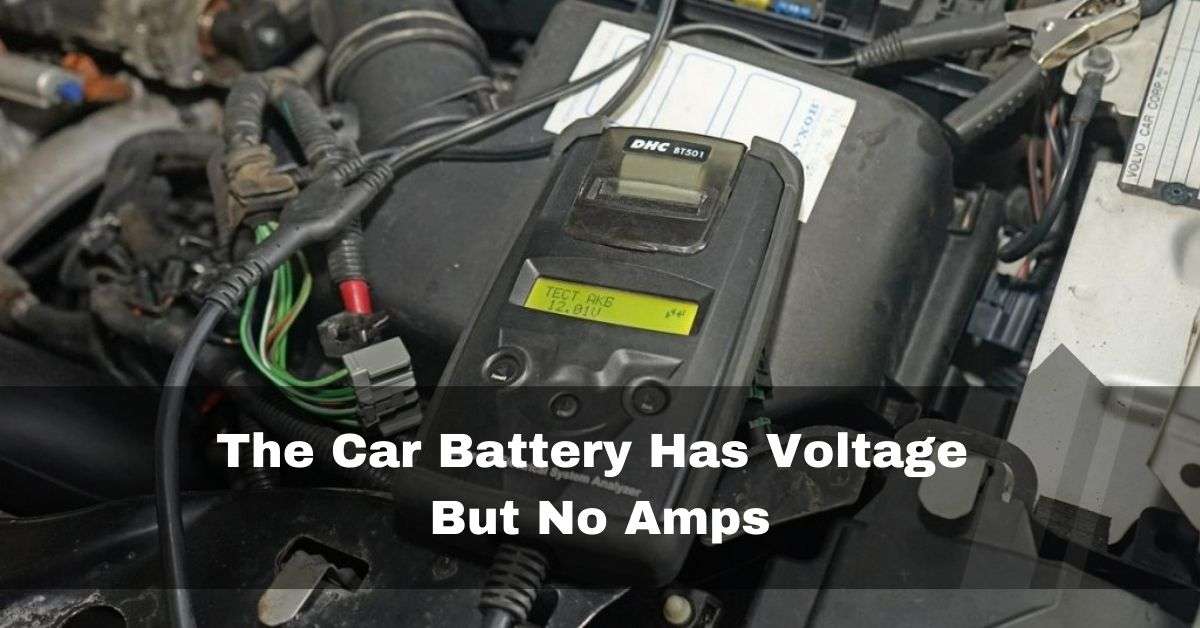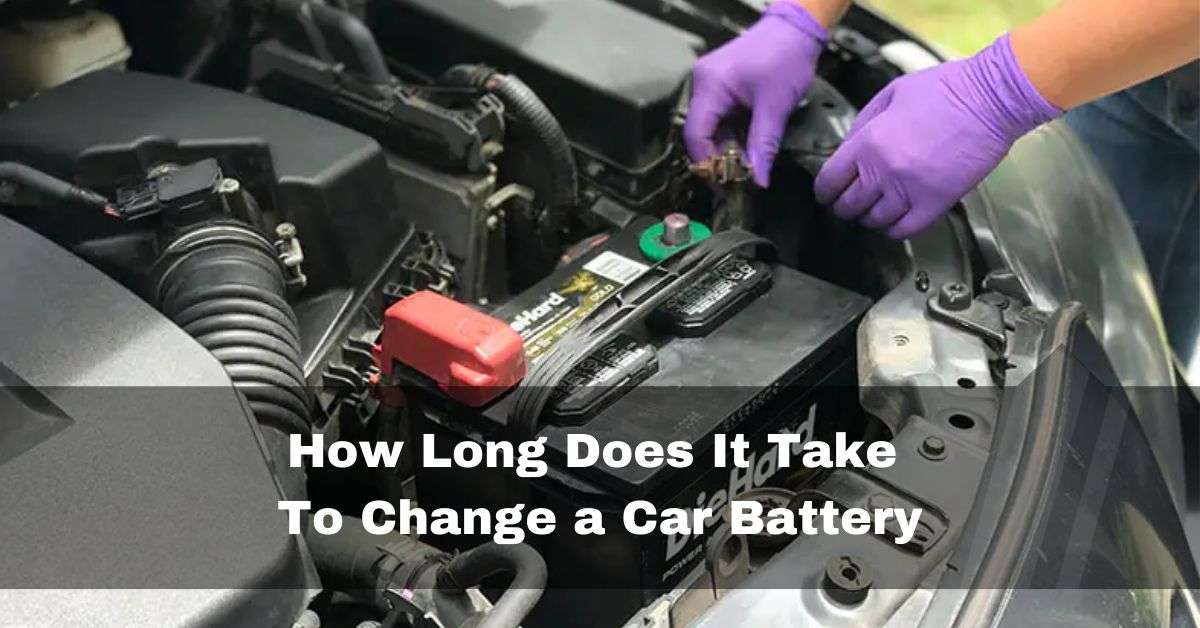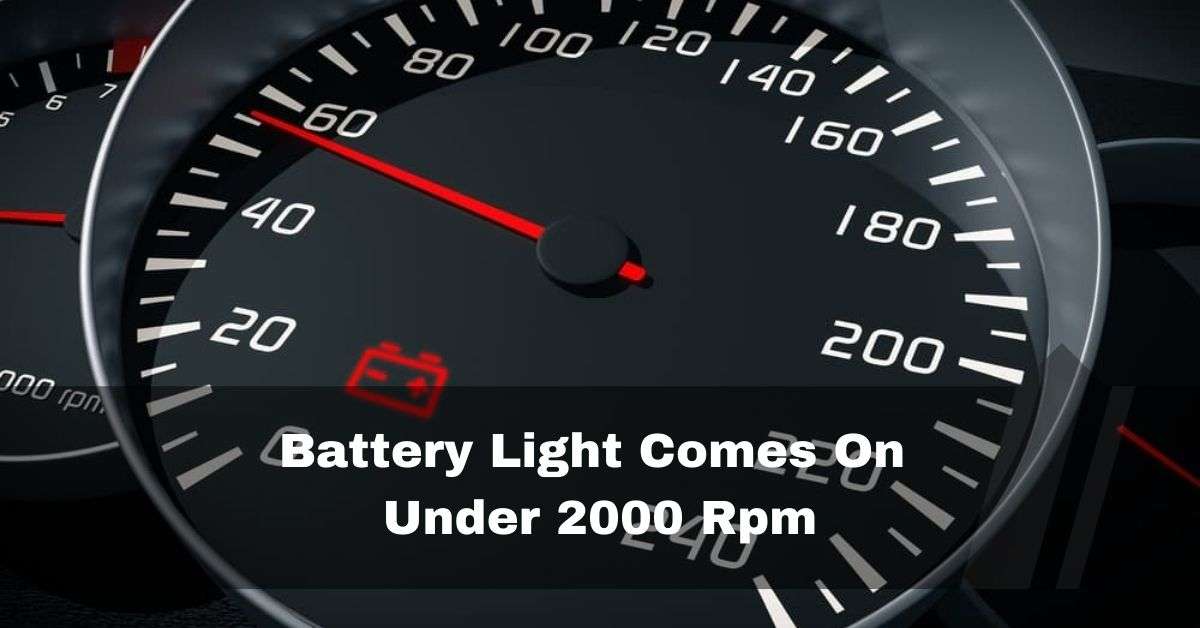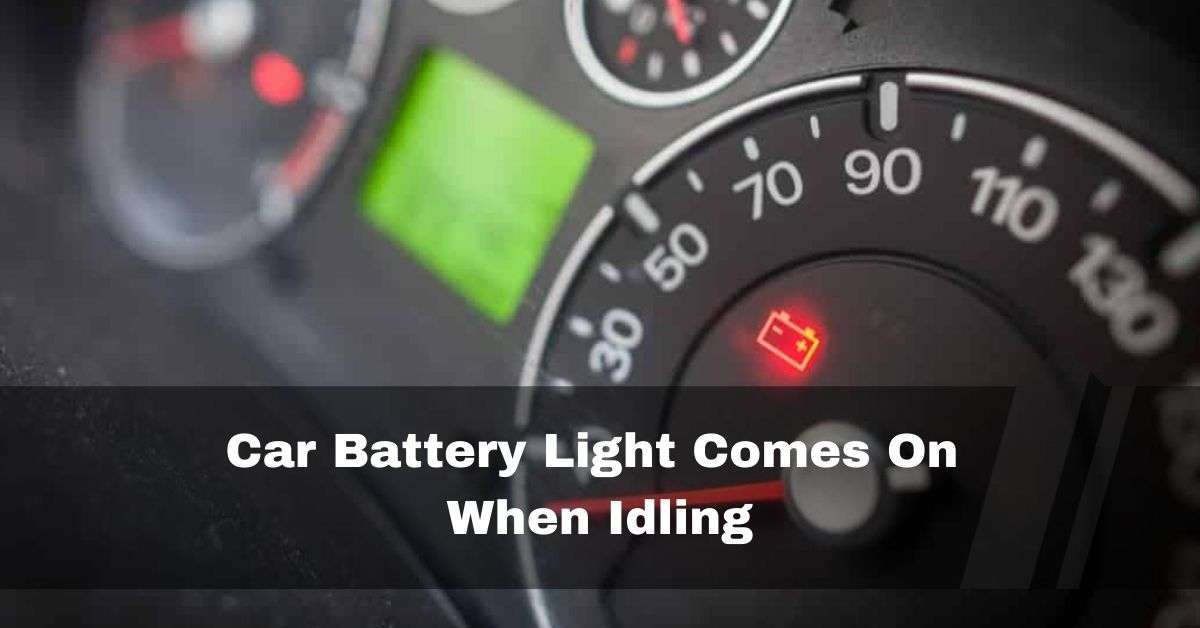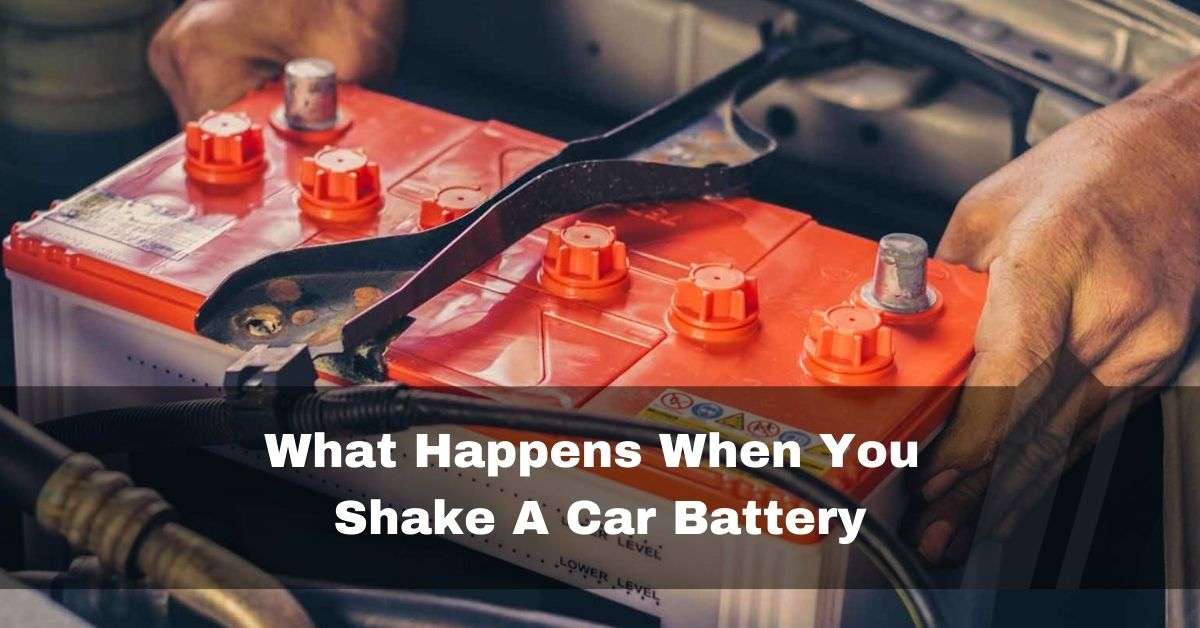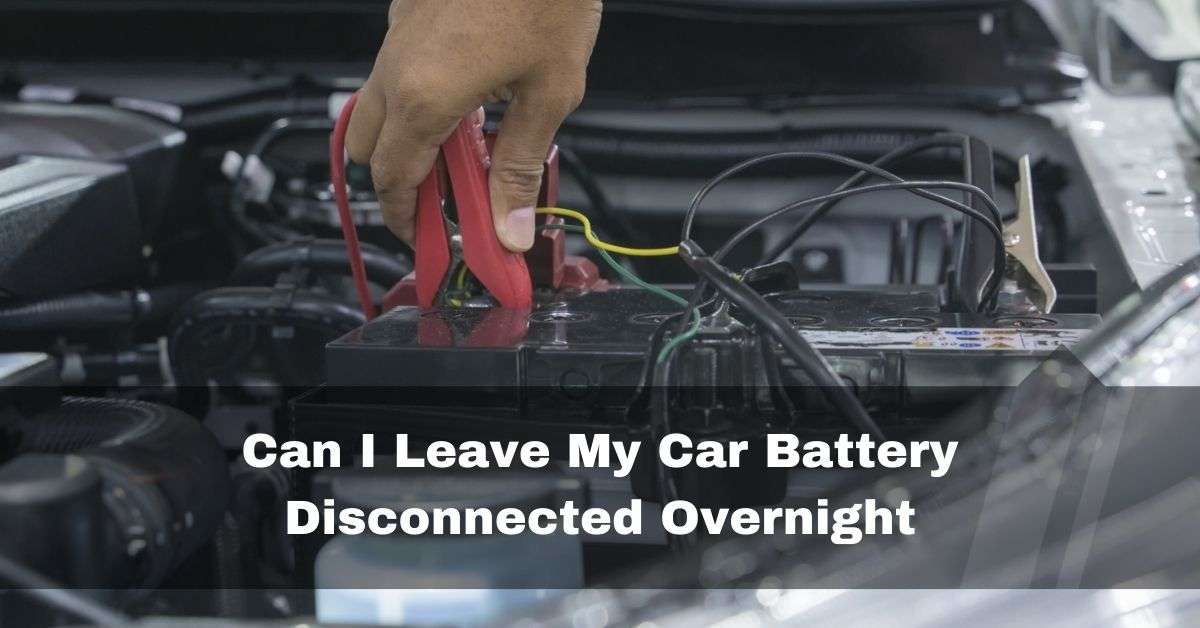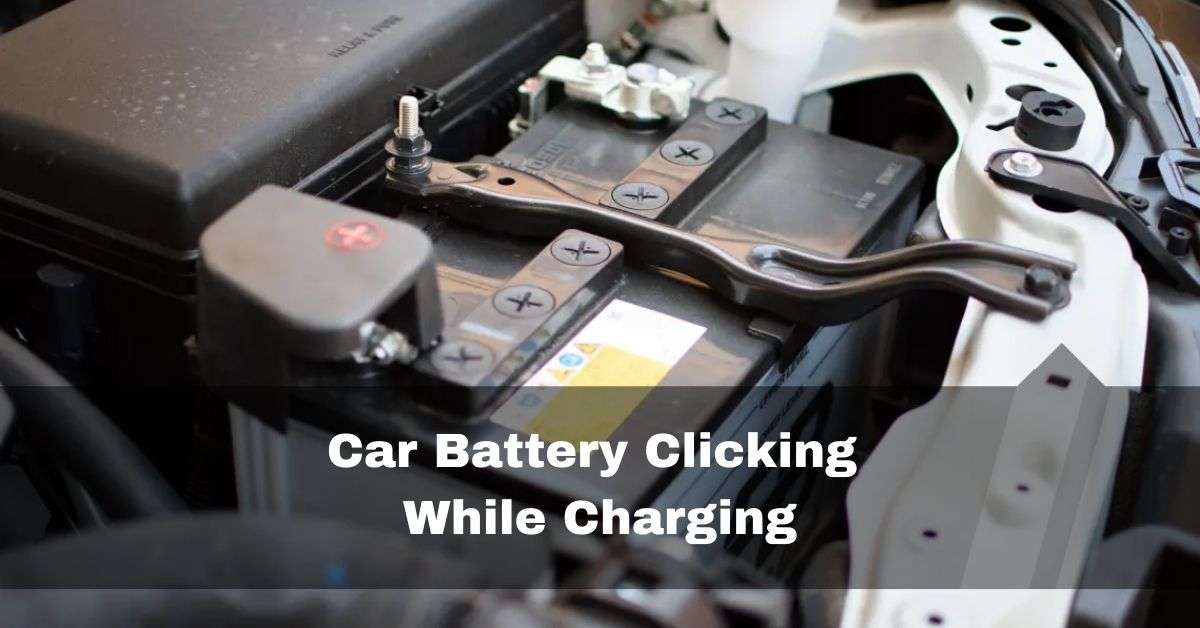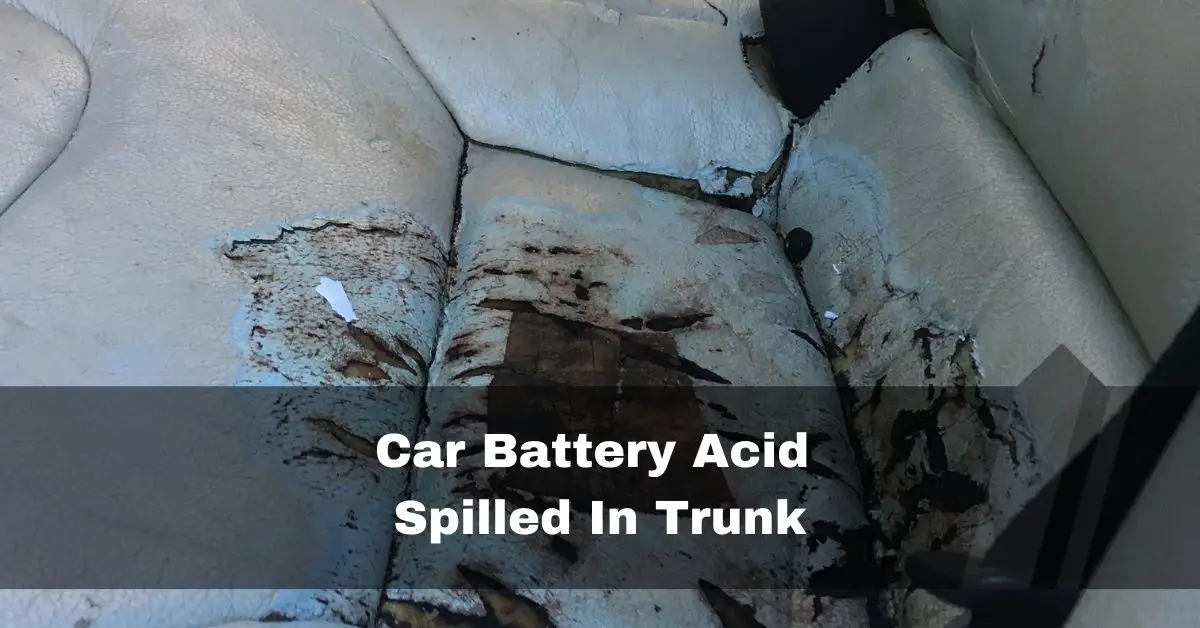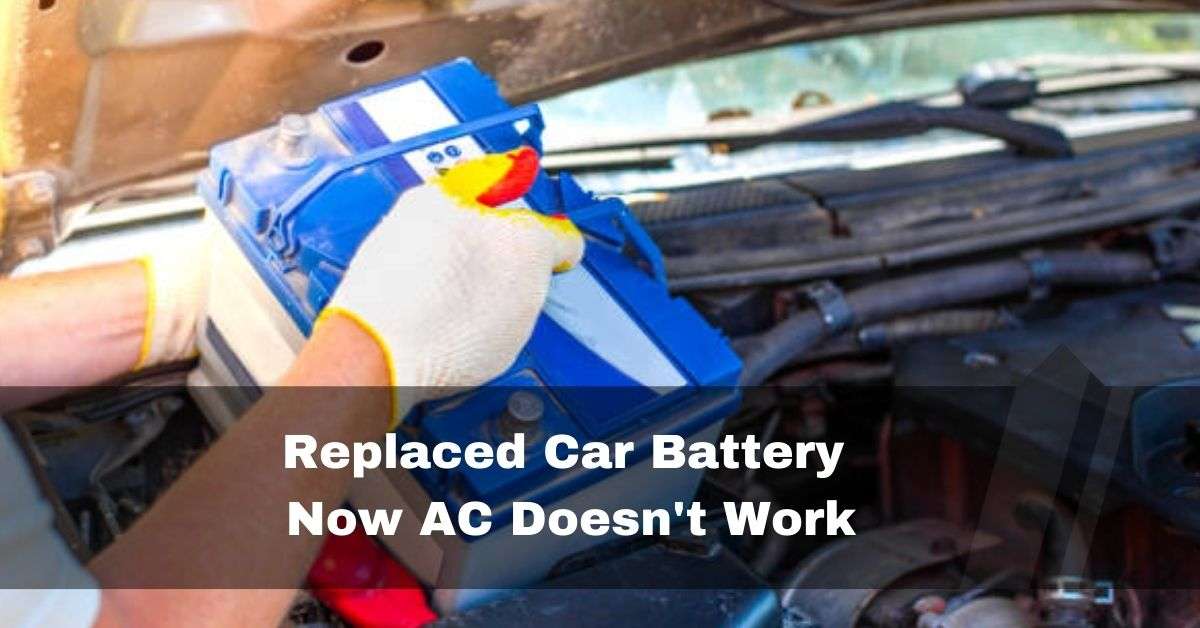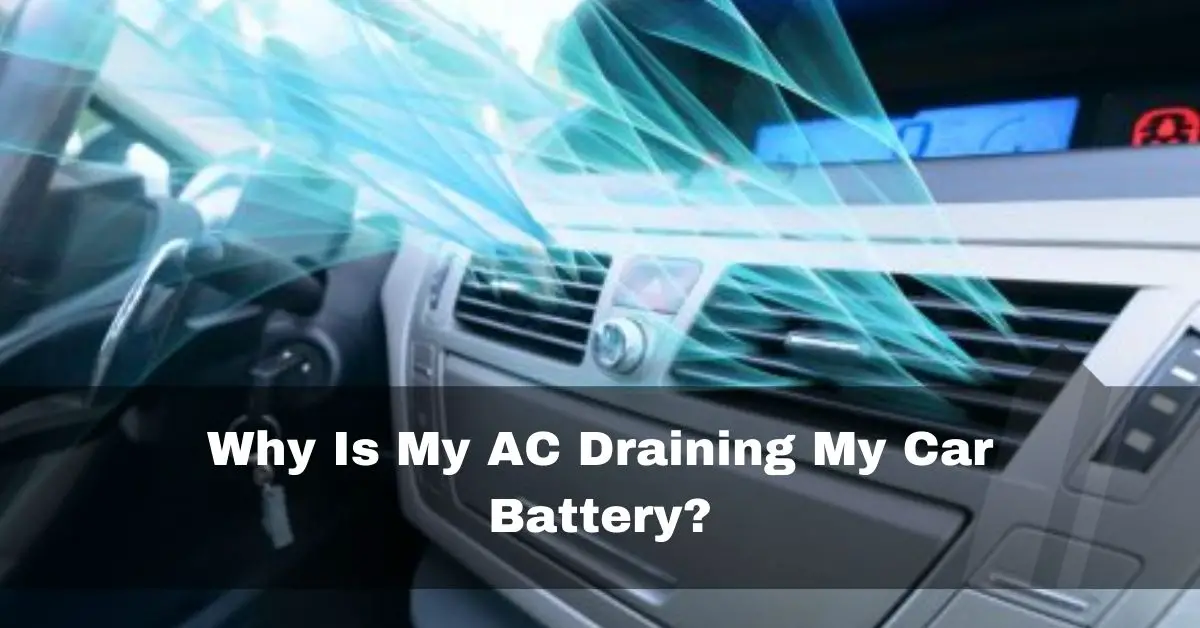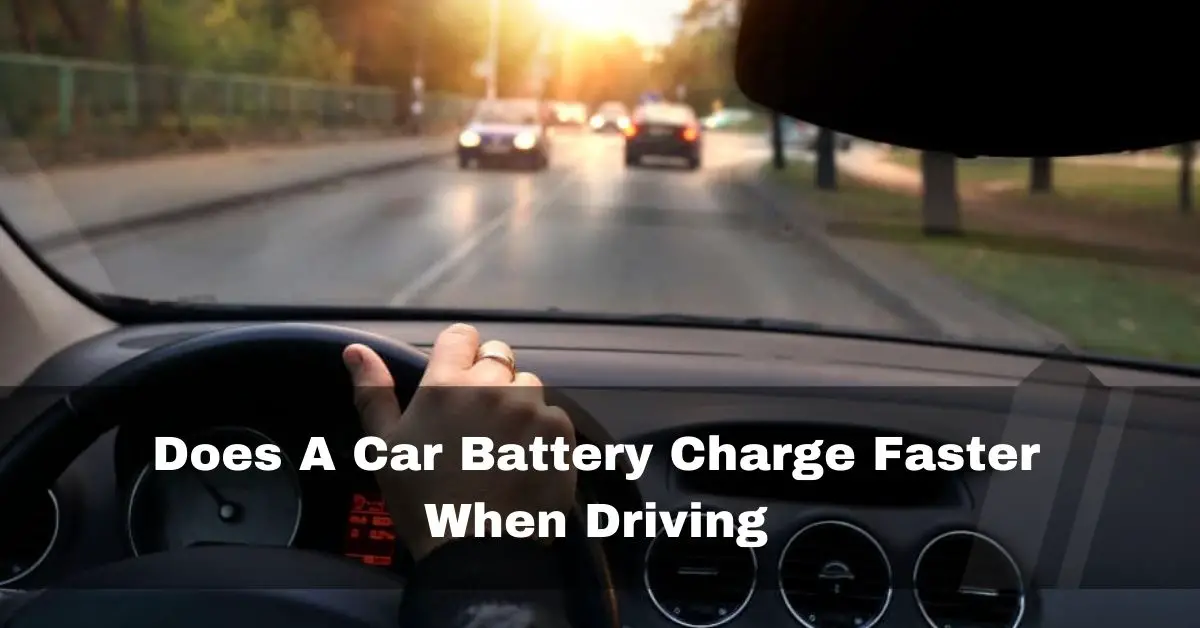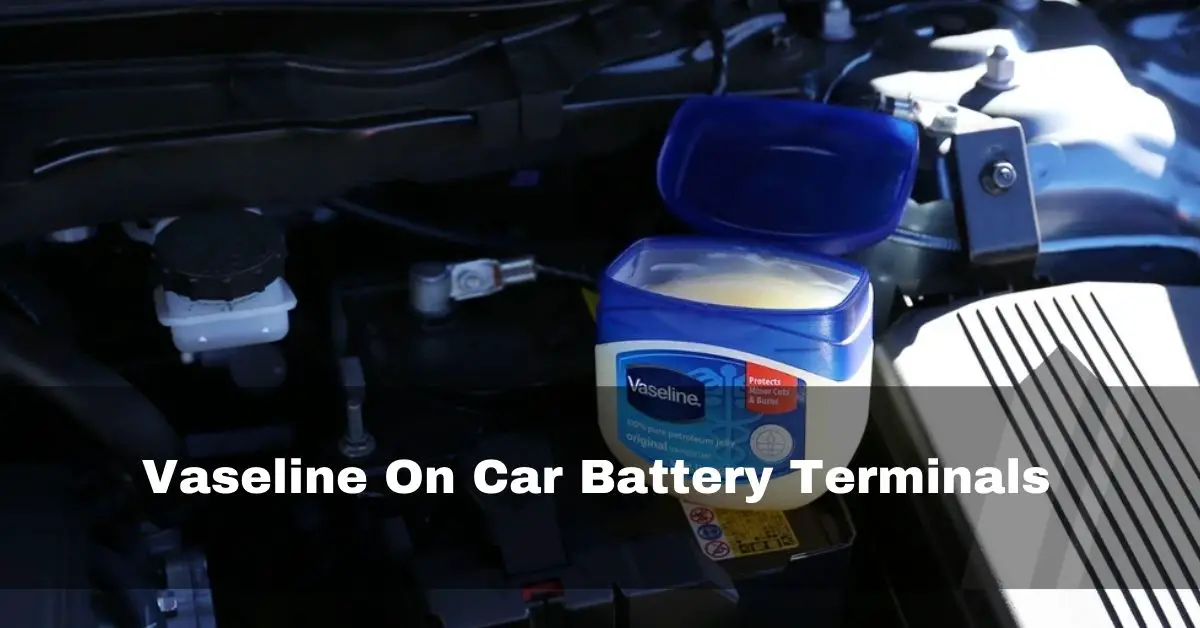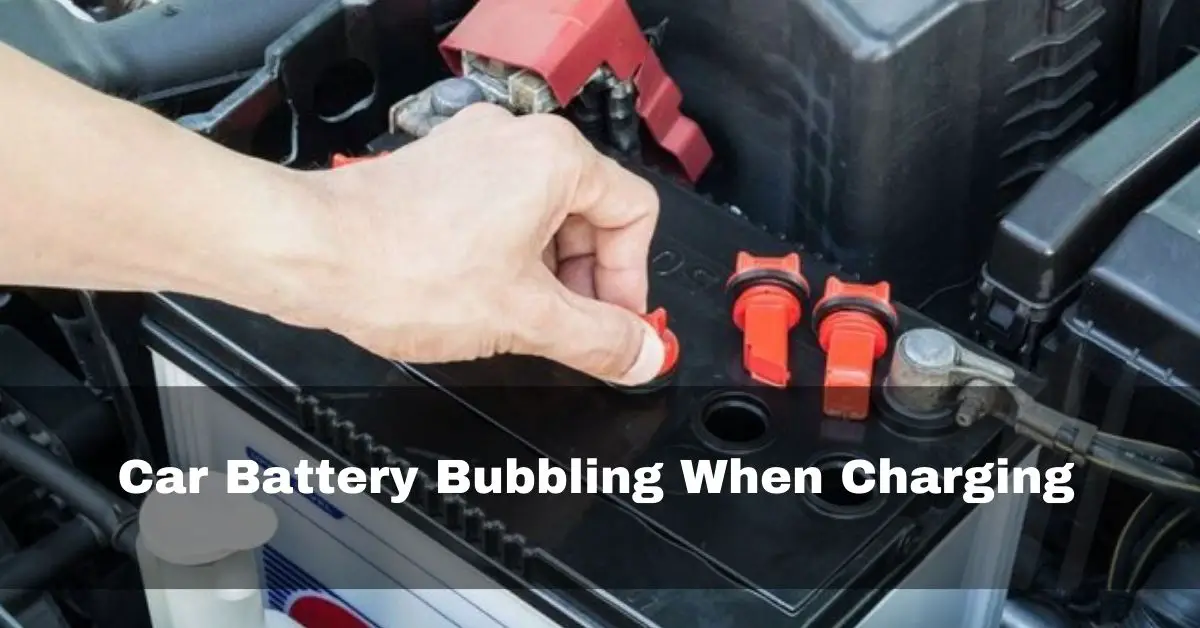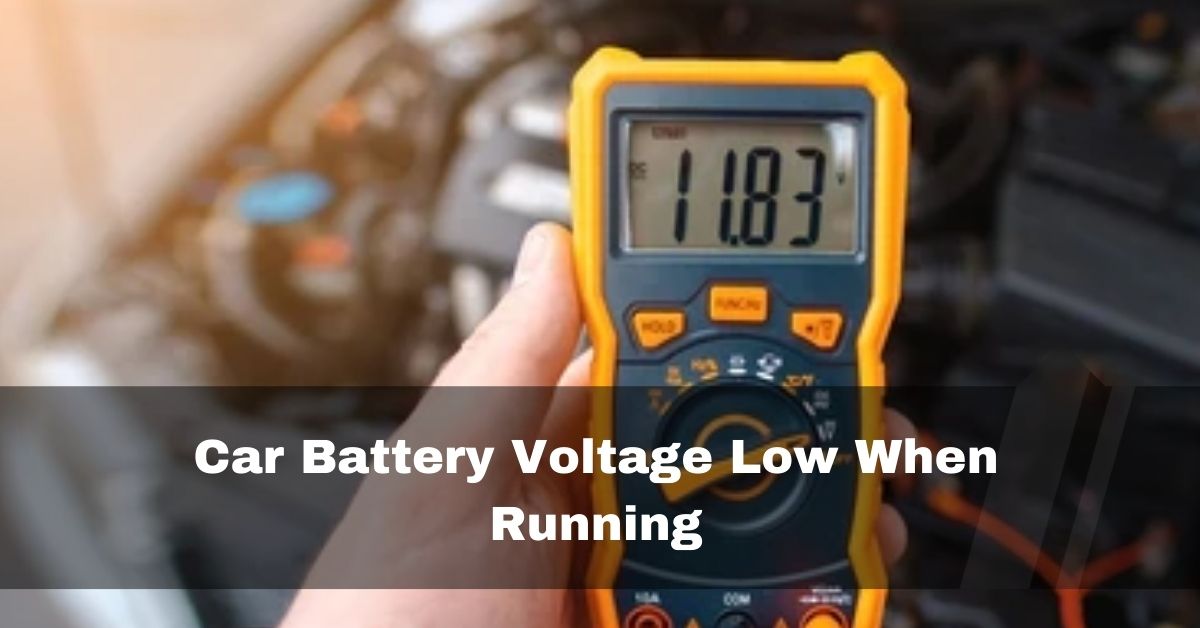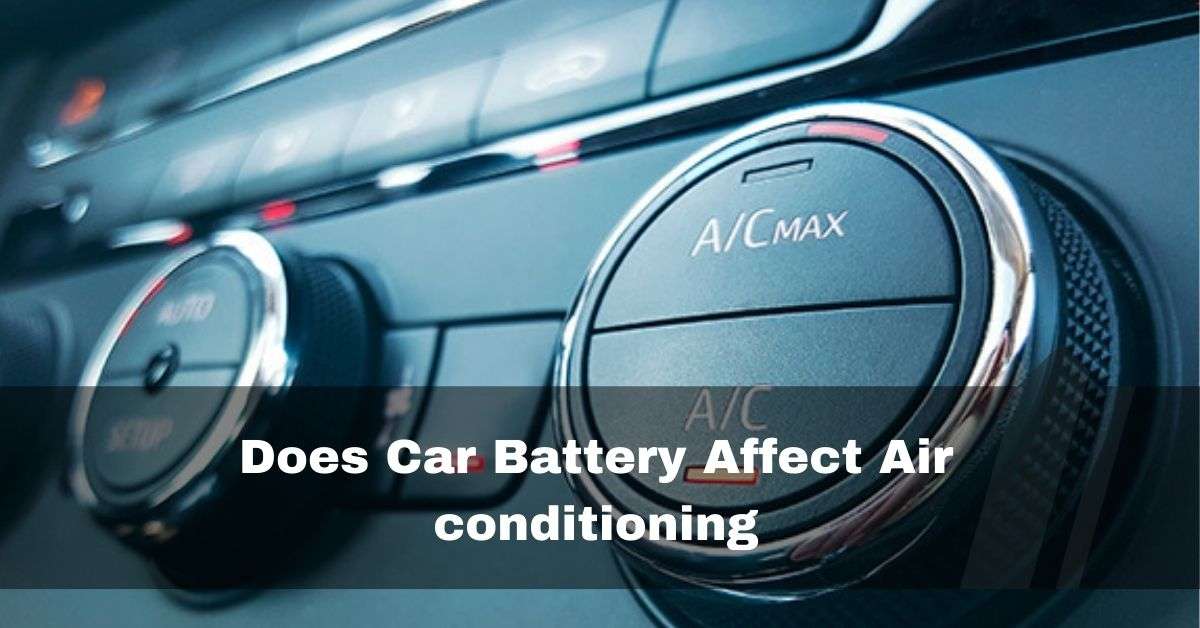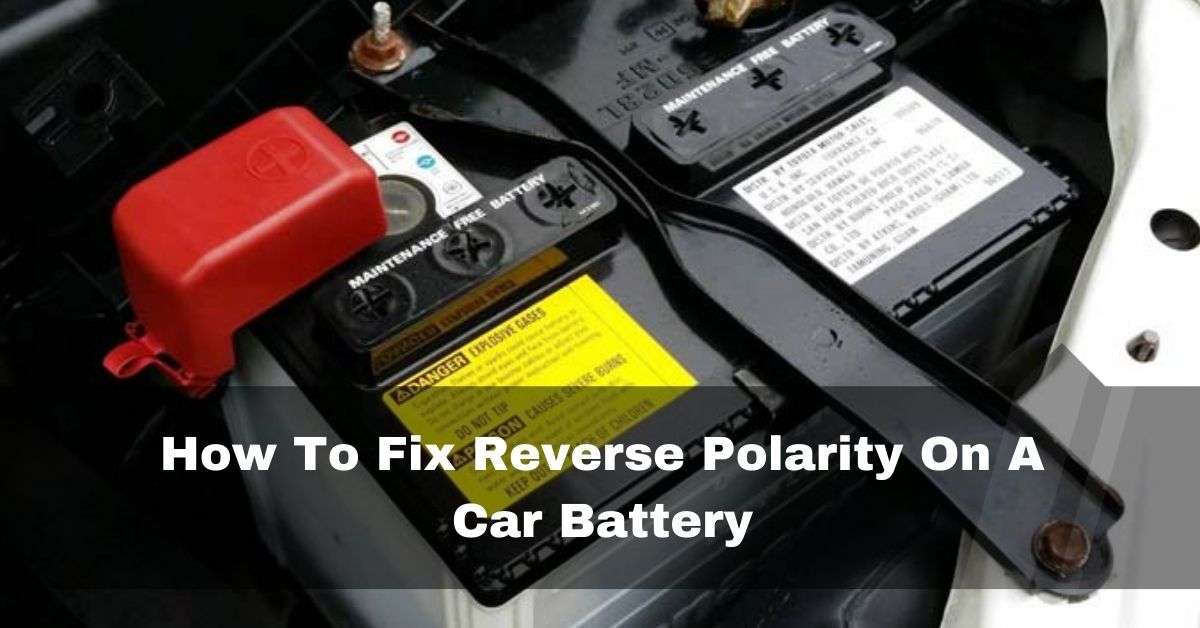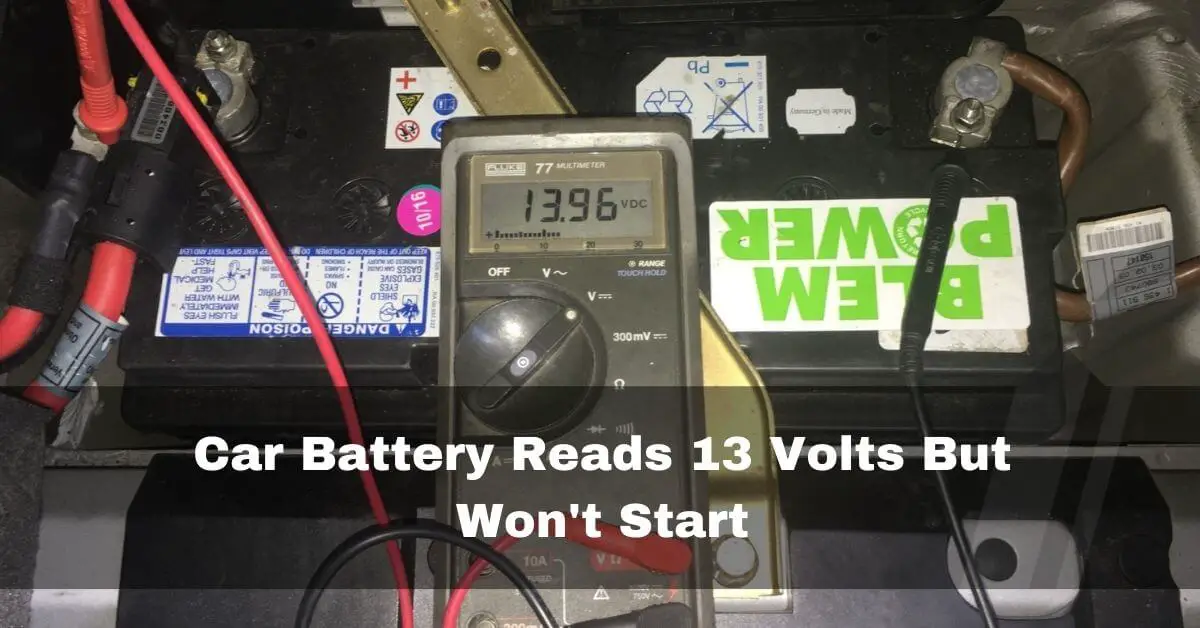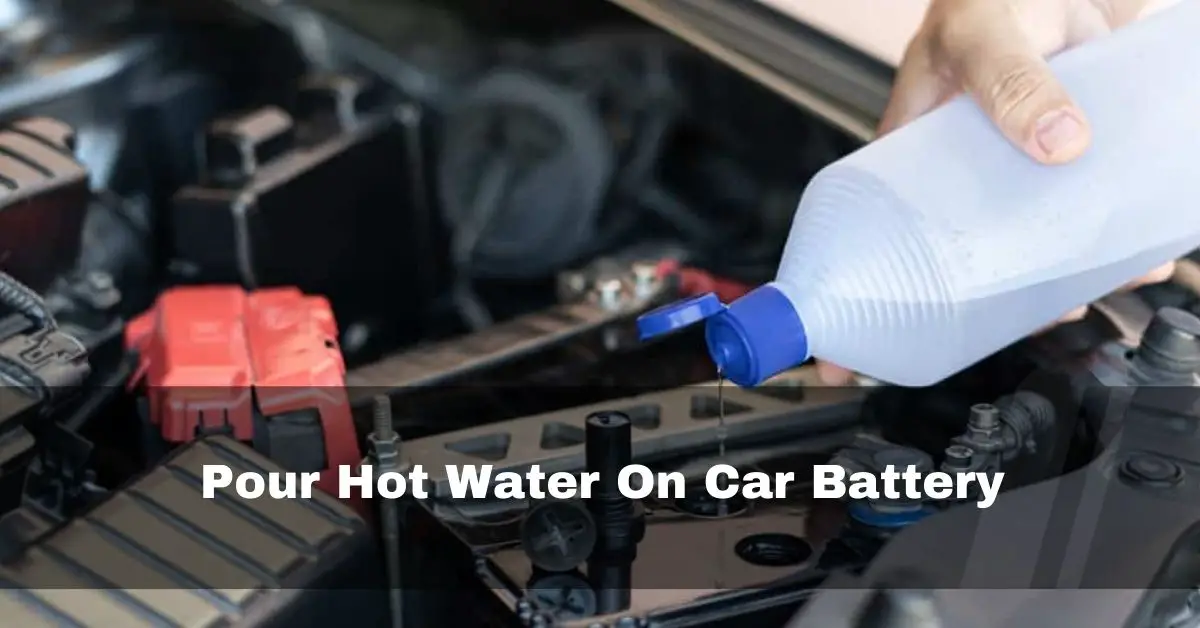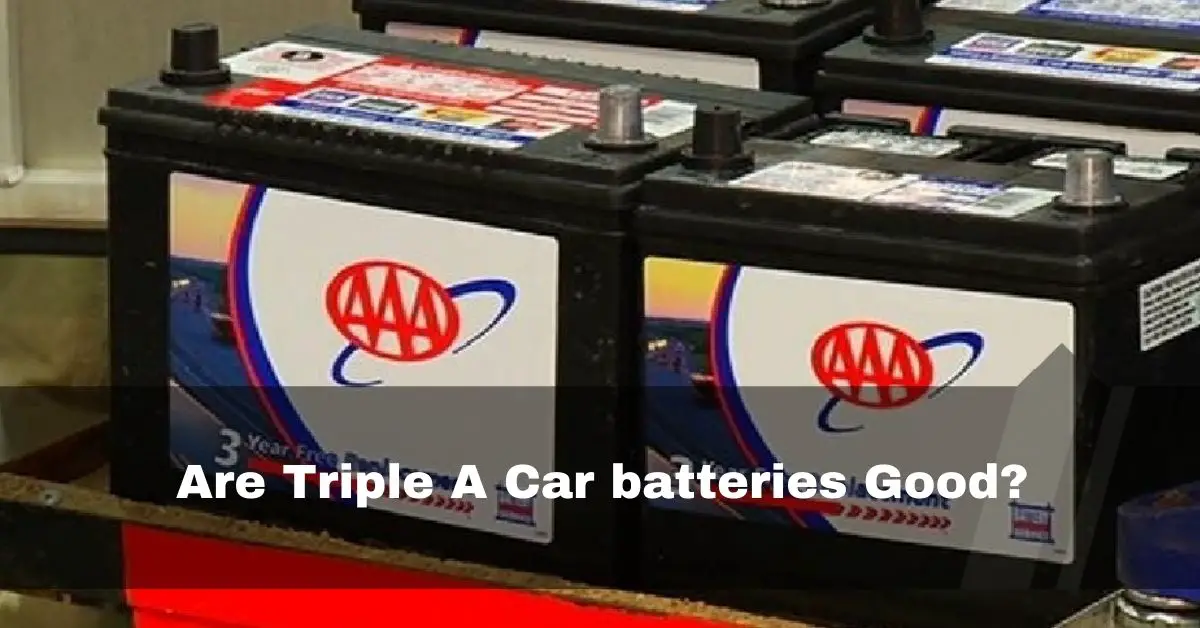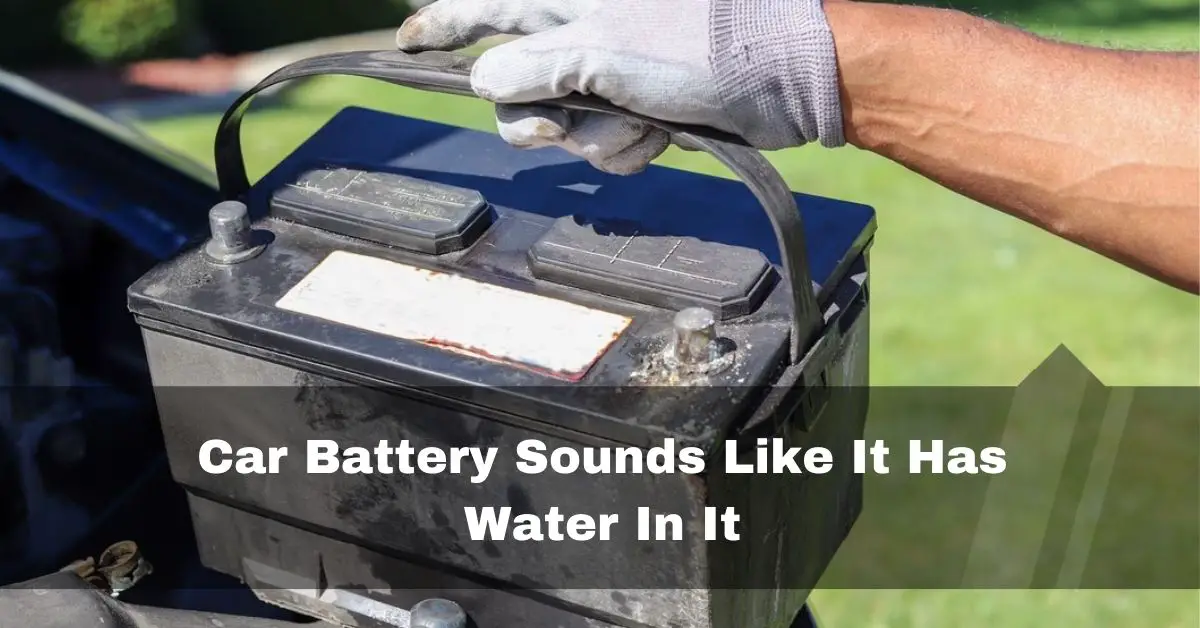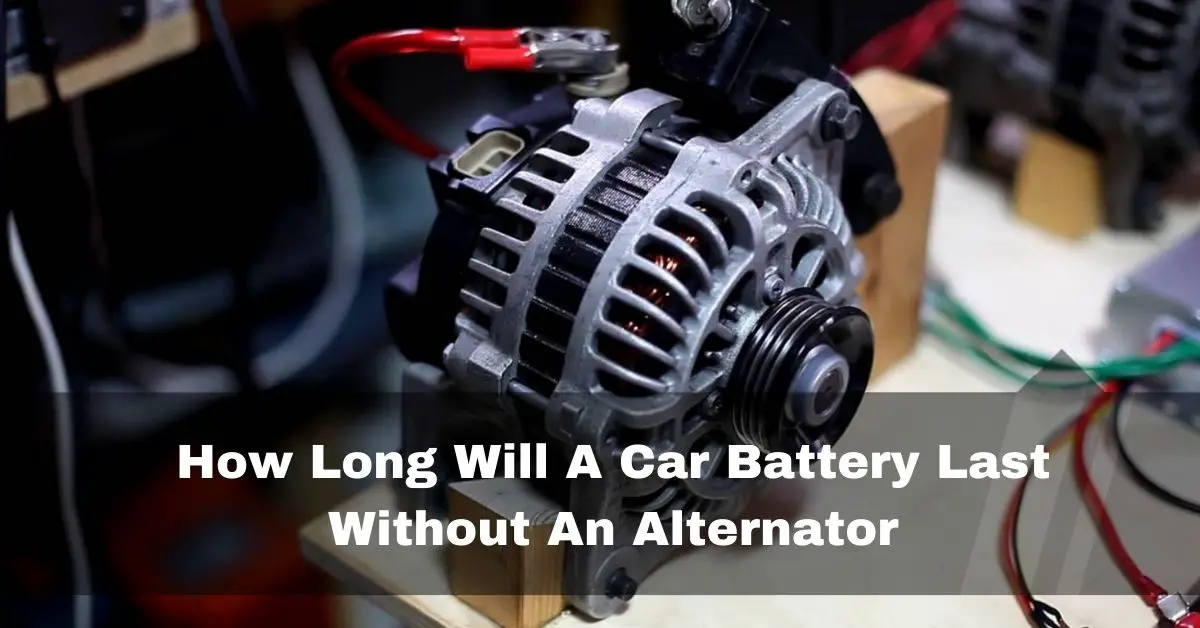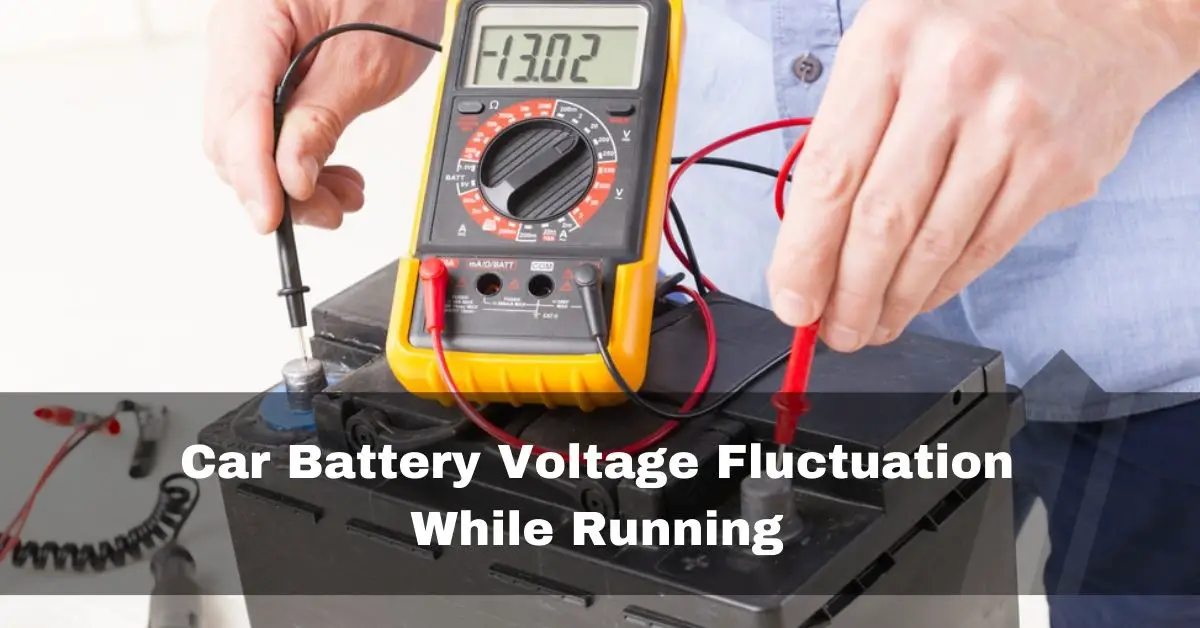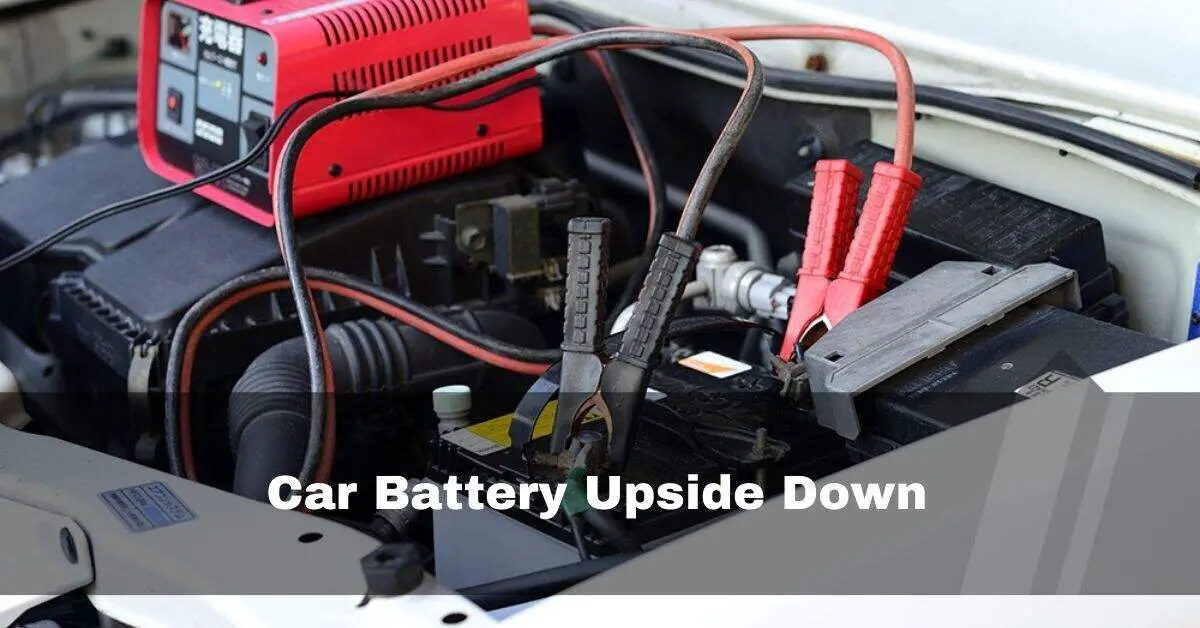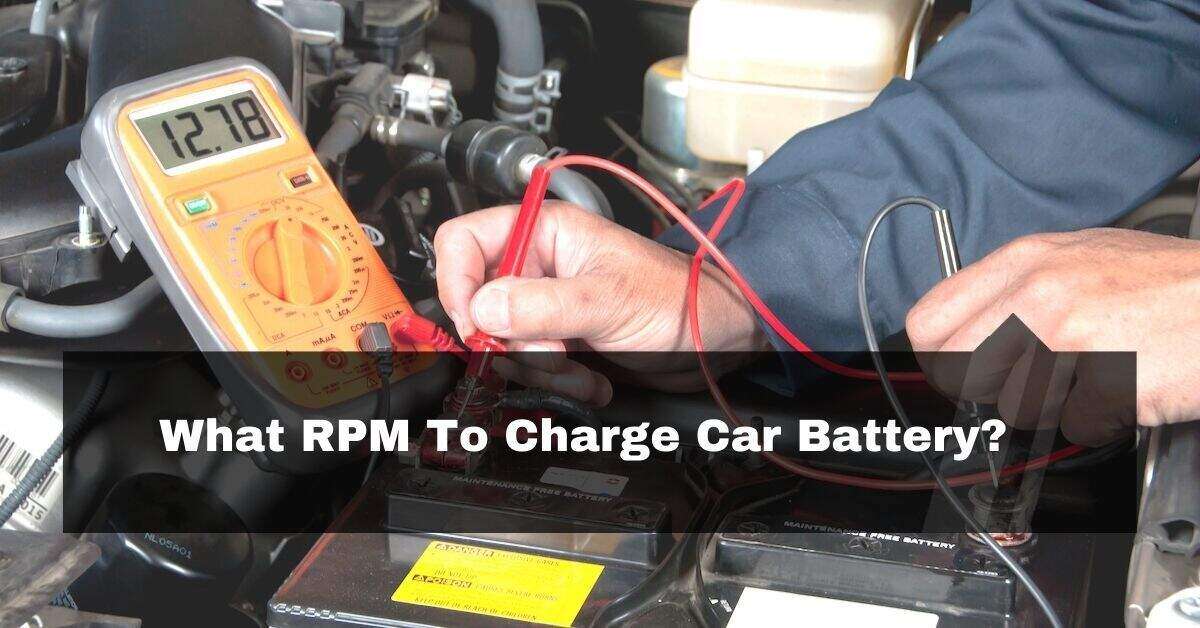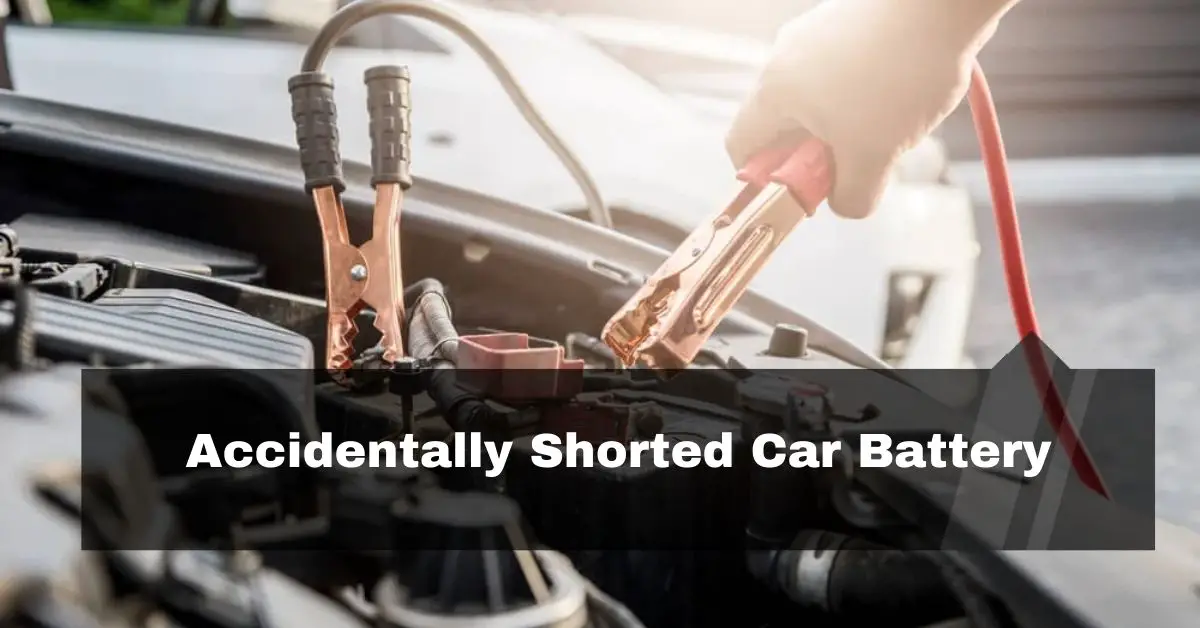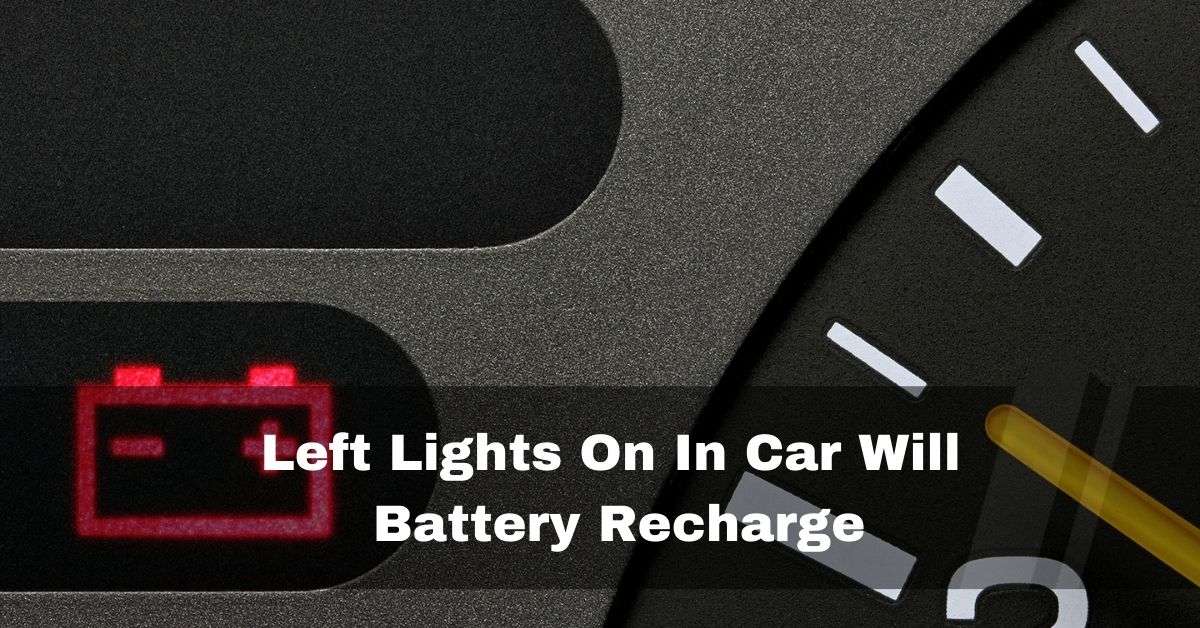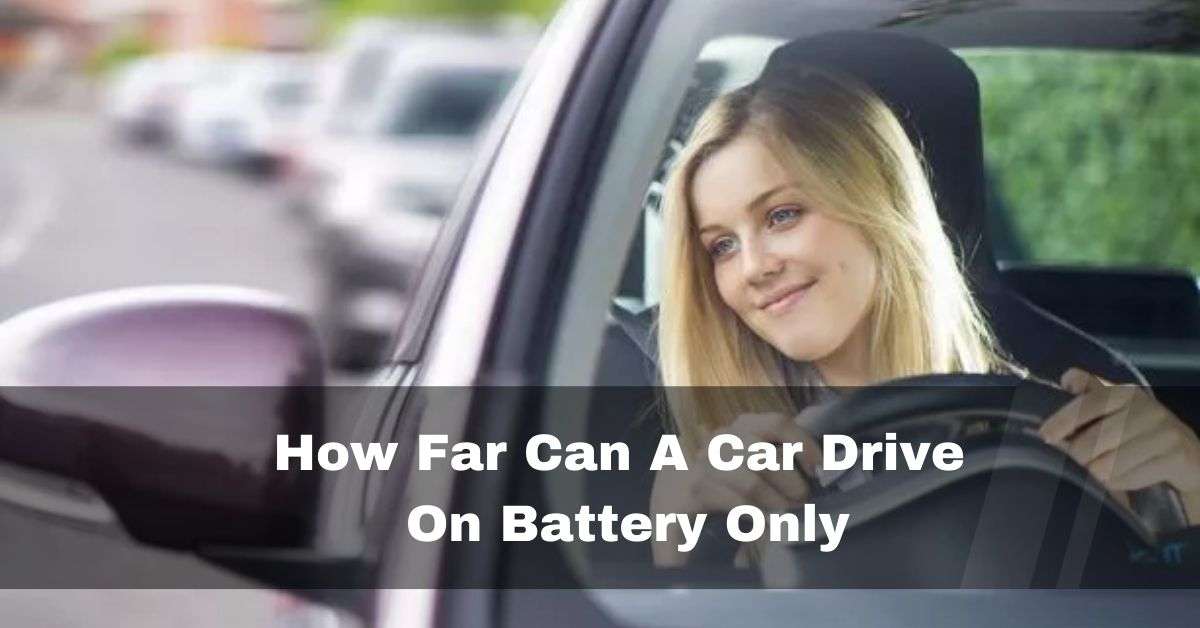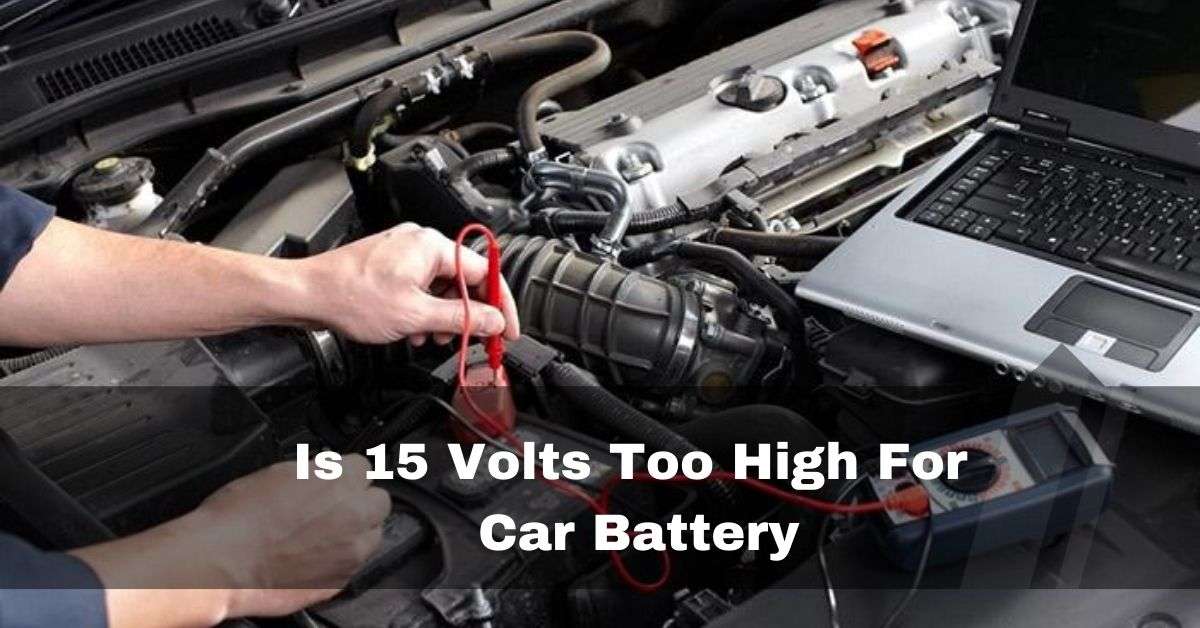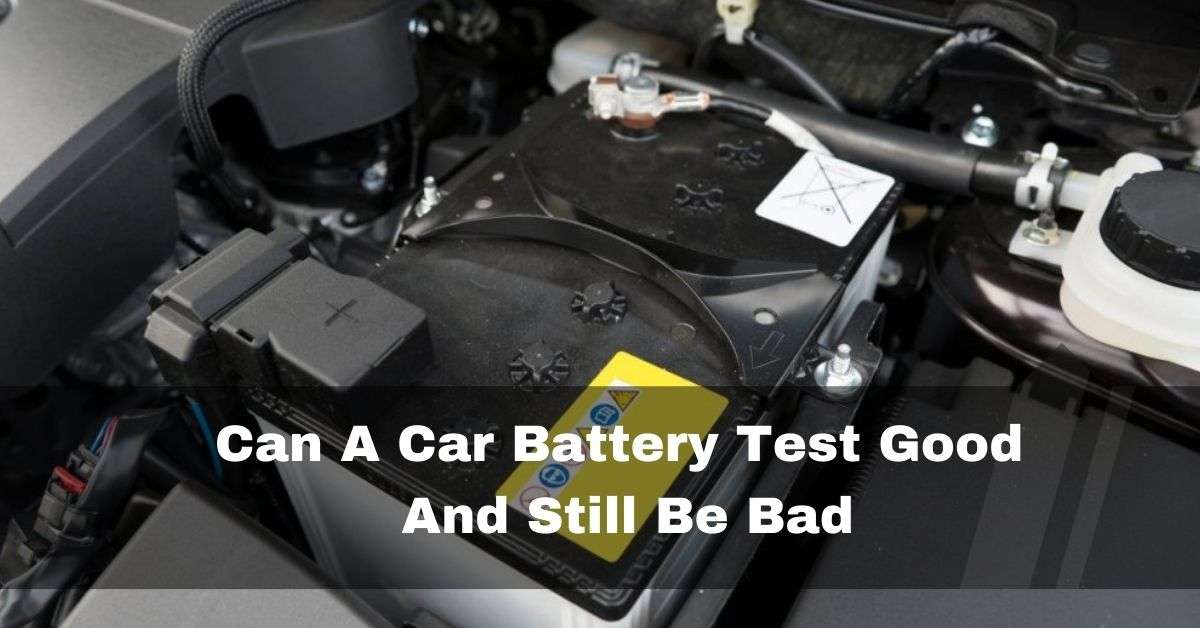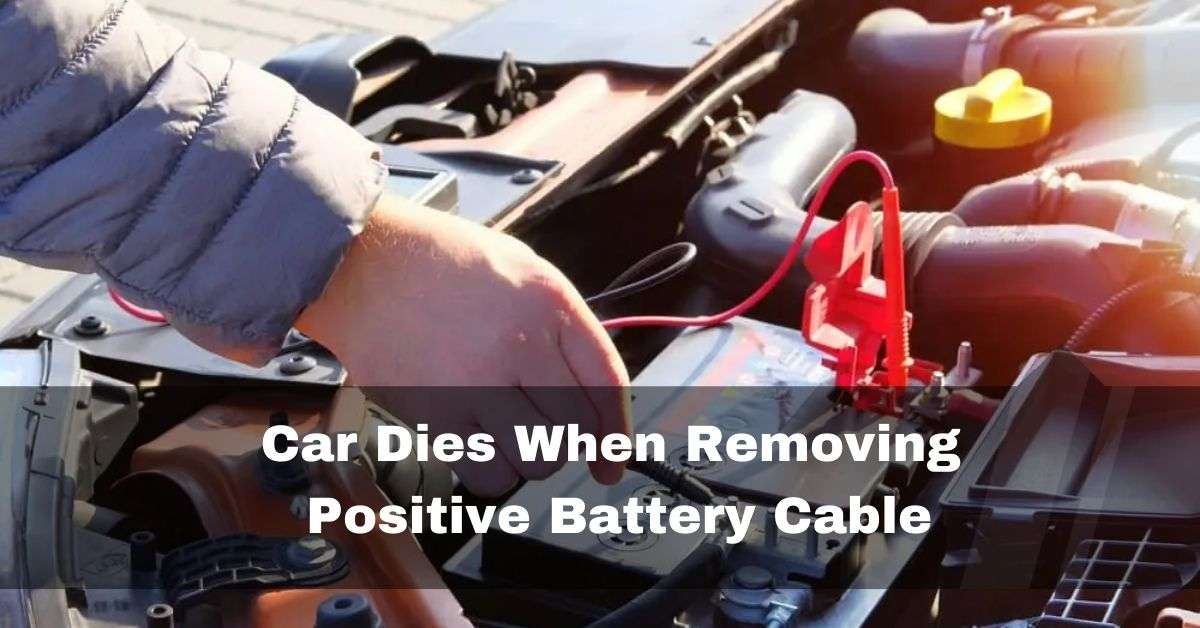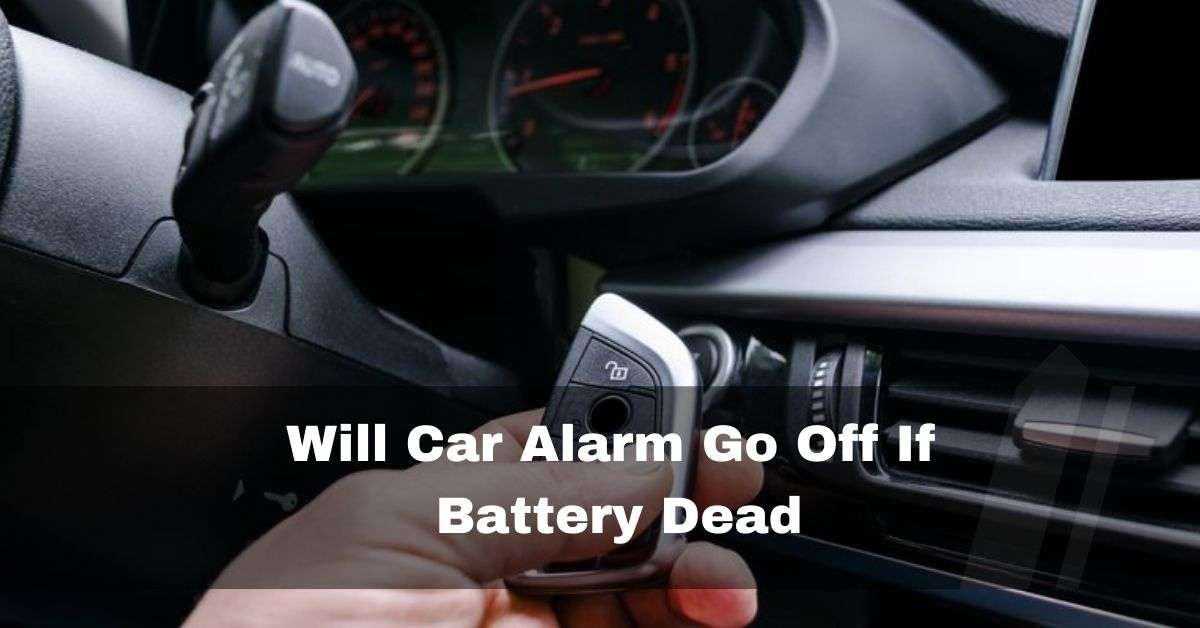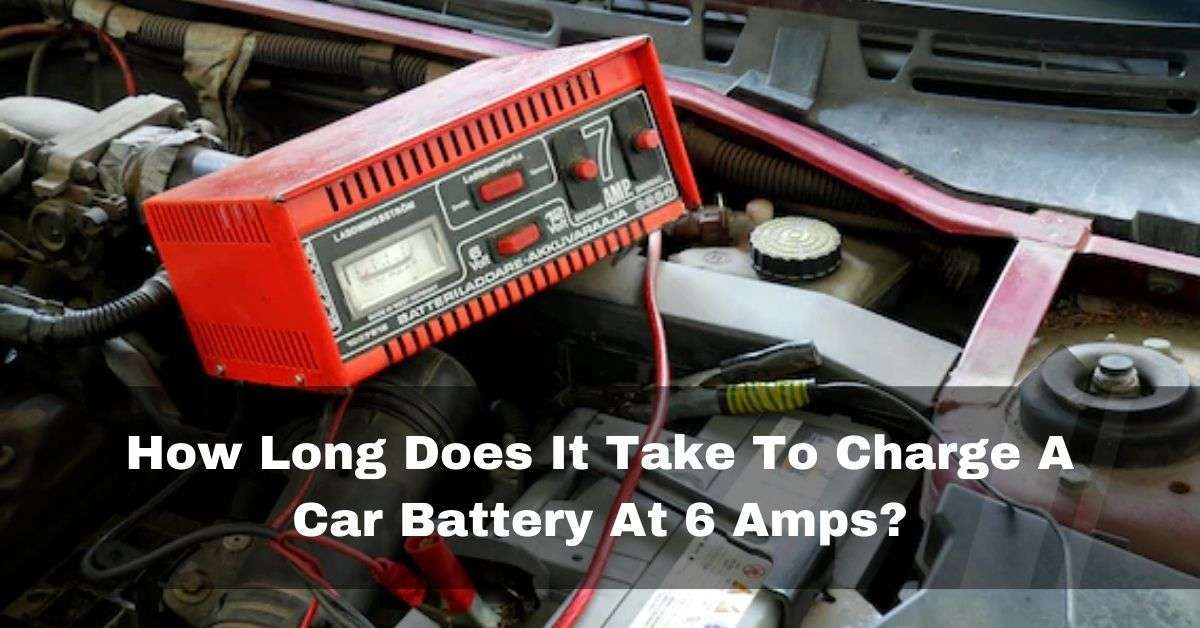Finding your car unwilling to start can be a frustrating experience. Once, faced with this predicament, I tried disconnecting and reconnecting the battery as a quick fix, and surprisingly, it worked. However, I soon realized this was just a temporary solution to a deeper electrical issue in my car.
Disconnecting and reconnecting the battery resets the computer alarm system ECU and resolves the “no-start” issue. Connection problems in the battery cables may also cause starting problems, while a faulty car computer can be a culprit.
This article will explore the reasons behind this phenomenon and the factors that can cause your car to start after a battery reset.
Table of Contents
The Car Battery And Its Connections:
The battery in your car is like the heart of its electrical system. It gives the engine power and other electrical systems power. It has two ends, one that is positive (+) and one that is negative (-). These terminals link to the car’s electrical system, which powers everything inside.
The car battery’s terminals are also connected to the cables, which are then connected to essential parts of your car like the starter motor, alternator, and electrical components.
How To Disconnect And Reconnect A Car Battery?
Reconnecting Battery Terminals? When disconnecting the old battery, start by removing the negative cable, followed by the positive. When installing the new battery, attach the positive cable first, then the negative. If you’re replacing your car battery and unsure of the order, remember: negative off, negative on; positive off, positive on.
Also Read: What Happens When You Shake A Car Battery
Why Do I Have To Disconnect And Reconnect My Battery For My Car To Start?
Possible reasons include subpar grounding, dirty/corroded battery terminals, or an issue with the ignition switch. However, disconnecting and reconnecting the battery may not always be a permanent fix.
Why Car Starts After Disconnecting And Reconnecting Battery? Common Reasons:
When your car unexpectedly springs back to life after disconnecting and reconnecting the battery, it can be baffling. Let’s dive into why this might happen, drawing from personal experiences and insights.
1. Anti-Theft System Malfunction:
Taking the battery out and putting it back in can “reset” the electrical circuits in your car. If there are any brief glitches or errors, it gets rid of them so your car can start usually. Battery disconnect/re-connect is resetting something allowing the start.

2. Reinitializing Sensors
Sensors in your car keep an eye on and handle many parts, like the car engine, transmission, and emissions. These monitors don’t always work right or give wrong readings, which stops your car from starting. This gives them a new start and a chance to work right.
3. Faulty Computers:
A Computer is faulty. The ECU and PCU are akin to the brains of the vehicle. Occasionally, these electronic components may encounter glitches or software errors.
Disconnecting and reconnecting the battery acts as a reboot, resetting the system and, in some cases, resurrecting a seemingly malfunctioning computer.
4. Poor Connection:
The battery terminals and wire connections can rust or come loose over time because of vibrations and changes in temperature. When this happens, the flow of electricity might be smoother. By disconnecting and reconnecting the battery, you can clean the terminals and make a stable connection again, which will let your car start.

5. Corrosion Removal:
When corrosion builds up on the battery terminals, it blocks the energy flow. You can clean the connections by disconnecting the battery and using a wire brush or a battery terminal cleaner. This easy repair task can make electricity flow better.
6. Loose Terminals:
It can also be hard to start if the battery connections are loose. You have a connection problem between your battery cable and the terminal. Reconnecting them safely ensures the link is stable, which is vital for the flow of electricity.

7. Electrical Gremlins:
Electrical problems in the car’s circuits can sometimes make starting impossible. If you disconnect the battery, some electrical parts might be reset, which might briefly fix the problem.
8. Starter Motor Or Alternator Issues:
Reconnecting the battery won’t fix problems with the starter motor, ignition system, or alternator that have been there for a while. These parts are vital for starting, and any issues need to be fixed by a professional.

How do you tell if the battery or alternator is messed up? Your battery or charger may fail if you notice a few things. Some of these are lights that dim, car engines that start slowly, and strange noises.
Also Read: Car Battery Light Comes On When Idling
How To Fix Car Starts After Disconnecting And Reconnecting The Battery?
When faced with the puzzling scenario of your car starting after a battery reset, it’s crucial to delve into potential solutions. Drawing from personal experiences and research, let’s explore effective methods to address this perplexing issue.
1. Reset Anti-Theft System:
You can reset the anti-theft device on your own. As a first step, disconnect the black negative battery wire and leave it that way for 30 minutes. After that, connect the wire again and try to start the car. If the problem is with the anti-theft system, this could restart the system.
2. ECU Relearning Procedure:
How do I reset my ECU after I disconnect the battery? After resetting the ECU, follow these steps to help it recalibrate:
Start the car and idle for 15 minutes with all electrical accessories off. Then, take a 20-minute drive under varied conditions. Finally, idle for 10 minutes to allow the ECU to optimize engine performance.
3. Address Sensor Malfunctions:
Visually inspect sensor links for loose or broken wires. Repair any damaged connectors and clean sensor connectors with electrical contact cleaner. Check specific sensors like MAF or O2 for dirtiness and clean if needed. Utilize an OBD-II reader to track any trouble codes related to sensors.
4. Consider Voltage Recovery:
If your car starts after disconnecting and reconnecting the battery because the battery is slightly undercharged, you should use a battery charger to fully charge the battery instead of depending on this short-term fix.

5. Check And Clean Battery Terminals:
Check the battery leads for rust, corrosion, or connections that aren’t tight. Use a wire brush or battery connection cleaner to clean them. Make sure that the ends are firmly attached to the battery posts.
6. Test and Replace The Battery:
You can use a multimeter or go to an auto parts shop to test the battery. You should get a new one if your battery is weak or shows a voltage reading below 12.6 volts.
What needs to be reset after replacing a car battery? If you change a car battery, you should restart the car computer. After the car has been restarted, it should work normally again.
7. Inspect Alternator Functionality:
Find out how much voltage the alternator puts out while the car engine goes. You should fix or replace the generator if it’s not between 13.5 and 14.5 volts.

8. Identify Parasitic Battery Drain:
Watch out for the battery dying too quickly when the car is not running. Measure the flow of electricity with an ammeter. Taking out fuses individually will separate the bad circuit if there is a significant drain. Fix or repair the part that is causing the drain.
9. Examine Wiring And Grounds:
Check the wires of the car for damage, loose connections, or rusty terminals, especially in the charging and starting systems. Keep an eye on the ground links and make sure they are safe.

Also Read: Battery Light Comes On Under 2000 Rpm
Why Does Car Won’t Start After Reconnection Batteries? How To Fix It?
If your car still won’t start, it could be due to several reasons.
- Firstly, an old or worn-out battery may need replacement.
- Secondly, issues with the starter motor or alternator can hinder starting, requiring inspection by a qualified mechanic.
- Thirdly, a blown switch interrupting electricity flow may need replacement.
- Lastly, a low-power battery may require charging. For assistance in diagnosing and resolving the issue, consulting a mechanic is recommended.
Related Questions:
1. How Long Does A Car Battery Need To Be Disconnected To Reset The Computer?
Disconnect the battery and short out the leads for about 30 minutes to reset the engine, transmission, and other codes stored in the car’s computer.
2. Can Disconnecting Battery Reset?
Disconnecting the battery may cause the vehicle’s infotainment system to reset, requiring reprogramming.
3. Can A Car Run After Disconnecting Battery?
Yes, modern cars can often run for a considerable distance with a disconnected alternator, but if the car doesn’t turn over at all, it may indicate a bad starter or ignition problem.
4. Does Touching Battery Cables Together Reset The Car Computer?
Yes, but only after disconnecting the battery from the vehicle circuit. Touching the positive and negative terminals together resets residual current in computers and modules.
5. Why Does My Car Battery Spark When I Reconnect It?
The spark occurs due to arcing, a visible discharge of electricity caused by the difference in potential between two conductive surfaces when connecting the negative battery cable.
6. What Happens When You Disconnect And Reconnect A Car Battery?
If your car won’t start, try disconnecting and reconnecting the battery. If the issue persists, check for loose connections before attempting to start the car again.
7. Could A Faulty Battery Be The Reason My Car Starts After Disconnecting And Reconnecting The Battery?
Yes, a faulty battery, particularly one with low voltage or a weak charge, could be a contributing factor to the issue. Consider testing or replacing the battery if it’s suspected to be the cause
8. Is It Safe To Frequently Disconnect And Reconnect The Battery To Start The Car?
While occasional disconnecting and reconnecting of the battery may temporarily resolve issues, it’s not a long-term solution and could potentially damage electrical components if done frequently.
9. Will Your Car Battery Restart After Letting It Sit?
Yes, the battery in your car will start up again after being left alone. But it’s important to ensure the battery is hooked correctly before starting the car. If the wire isn’t tight, the car might not start.
10. Which Battery Terminal To Disconnect To See If The Alternator Is Bad?
Disconnect the negative battery cable and measure the output with a voltage meter to check for a faulty alternator.
Conclusion:
In conclusion, the act of disconnecting and reconnecting the car’s battery serves as a quick remedy for various issues that may hinder its performance. From resolving sensor malfunctions to addressing voltage irregularities and even tackling alarm system glitches, this simple procedure often proves surprisingly effective. However, it’s crucial to maintain proper battery connections and promptly address any underlying electrical concerns to ensure your vehicle runs smoothly in the long run.
Also Read:
- Battery Only Reading 10v
- Disconnected Car Battery Losing Voltage
- Red Liquid On Car Battery
- Car Battery Died With Interlock
References:
- https://community.cartalk.com/t/have-to-disconnect-then-reconnect-the-battery-to-start/74862
- https://www.impalaforums.com/threads/only-starts-after-disconnecting-then-reconnecting-battery.1890299/
- https://www.justanswer.com/buick/lpqgu-it-s-not-starting-until-disconnect-battery.html
- https://maintenance.cars.narkive.com/7VuuAw5Y/car-won-t-start-unless-i-disconnect-reconnect-battery-terminals
- https://www.reddit.com/r/Cartalk/comments/17vh8p2/changed_battery_now_car_starts_once_after_i/
- https://mechanics.stackexchange.com/questions/60924/my-2001-s430-will-only-start-after-i-disconnect-the-negative-battery-cable

